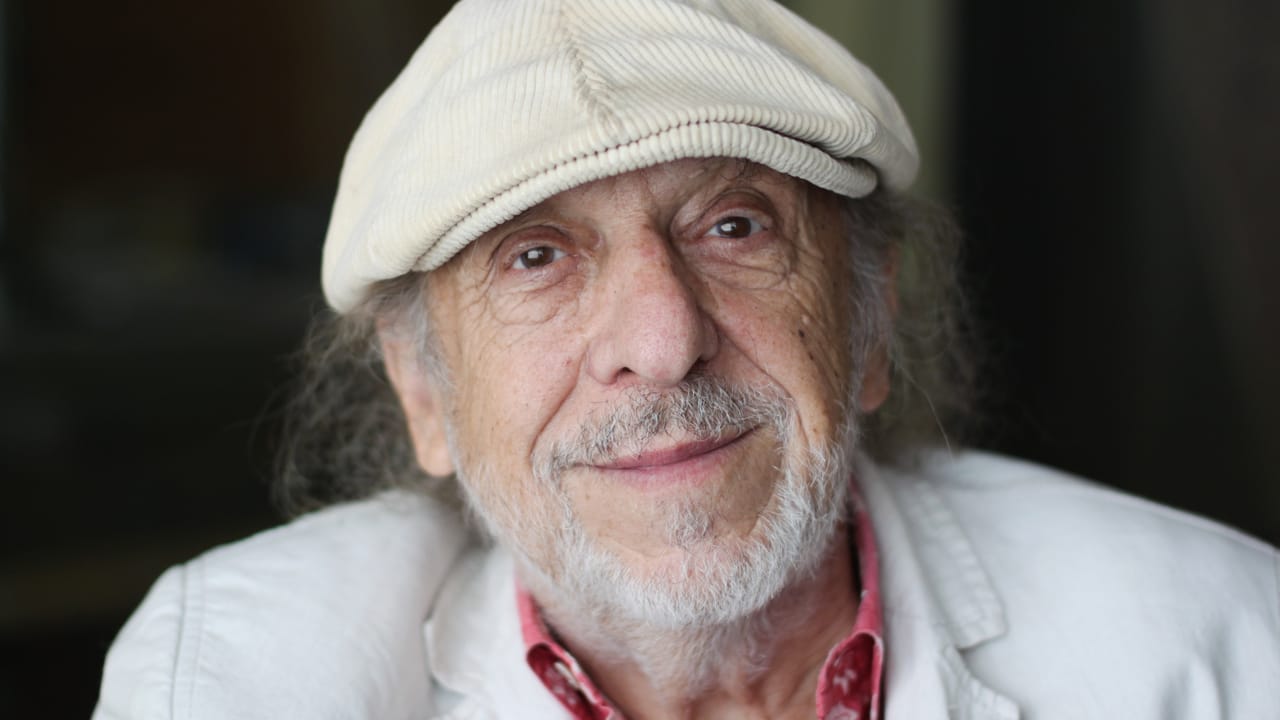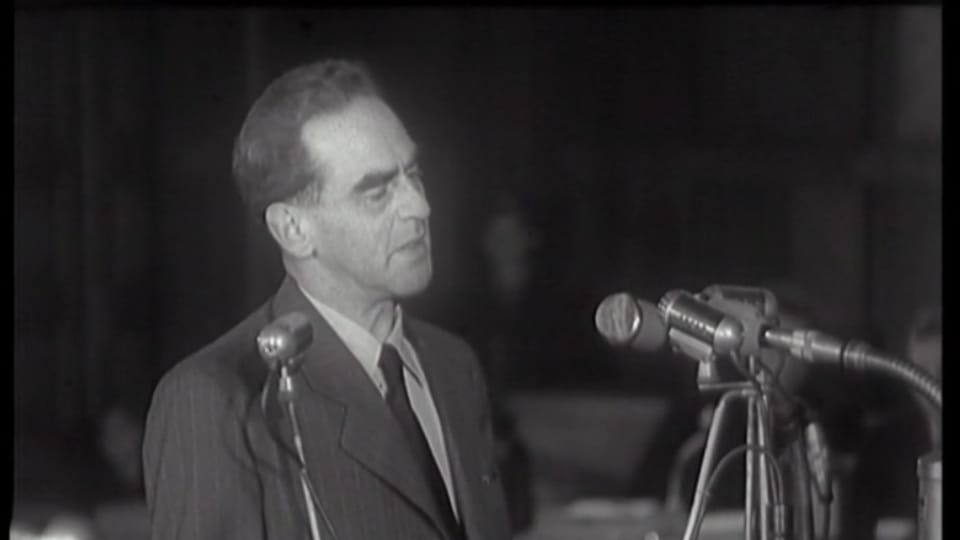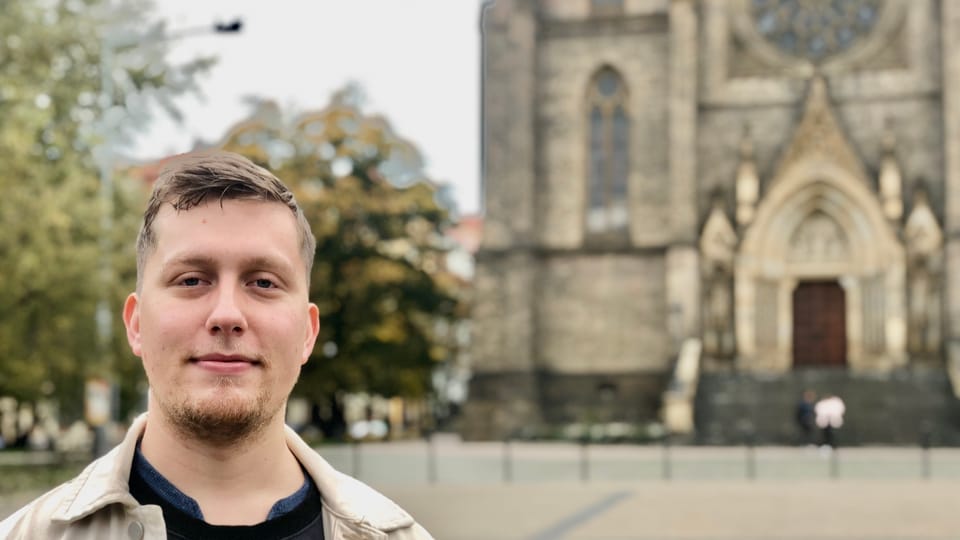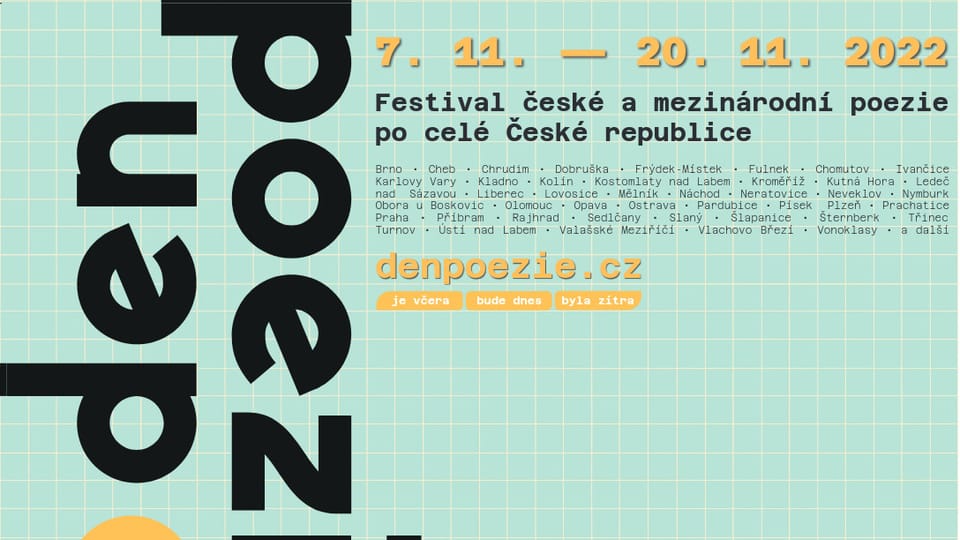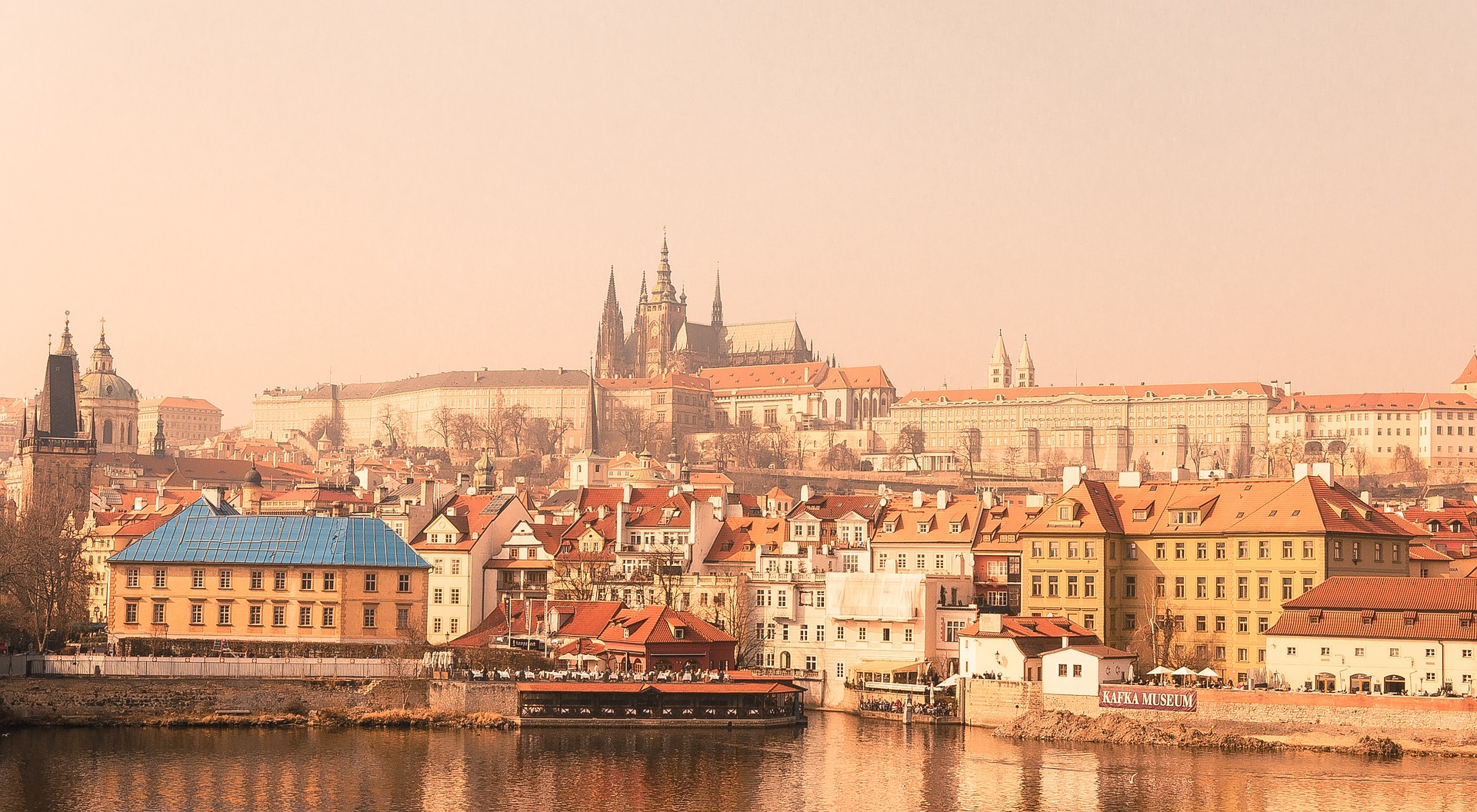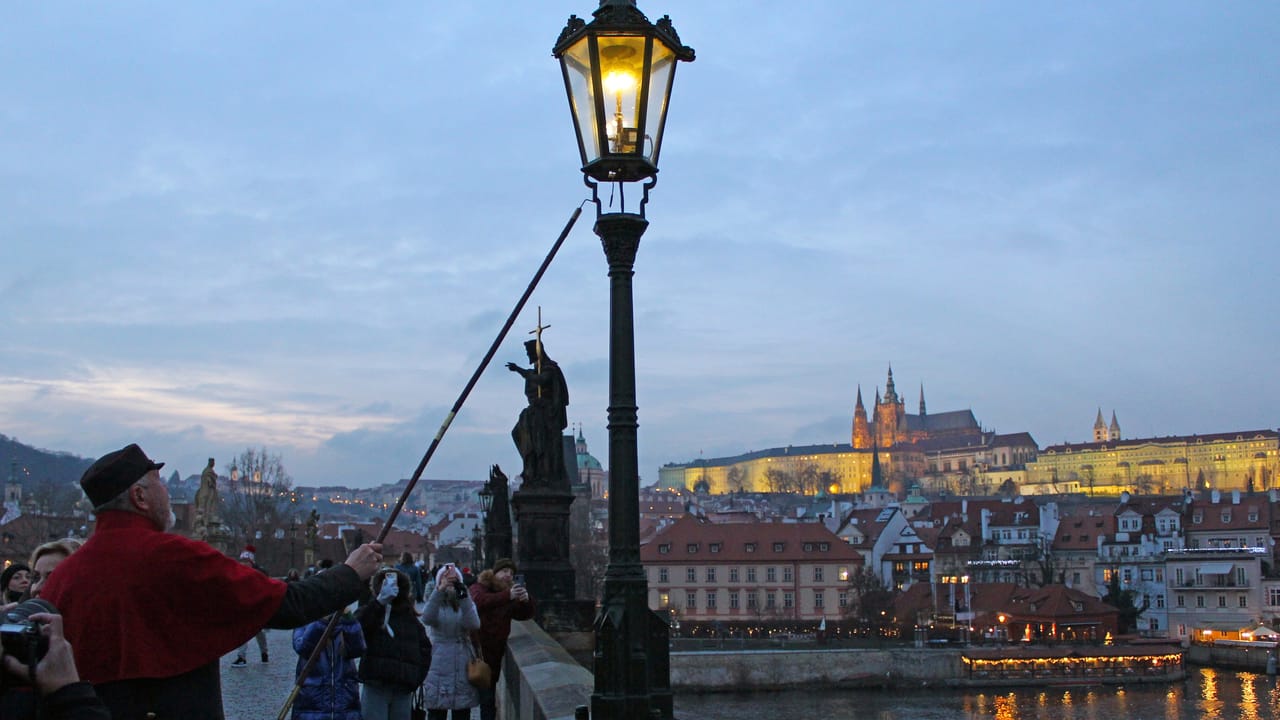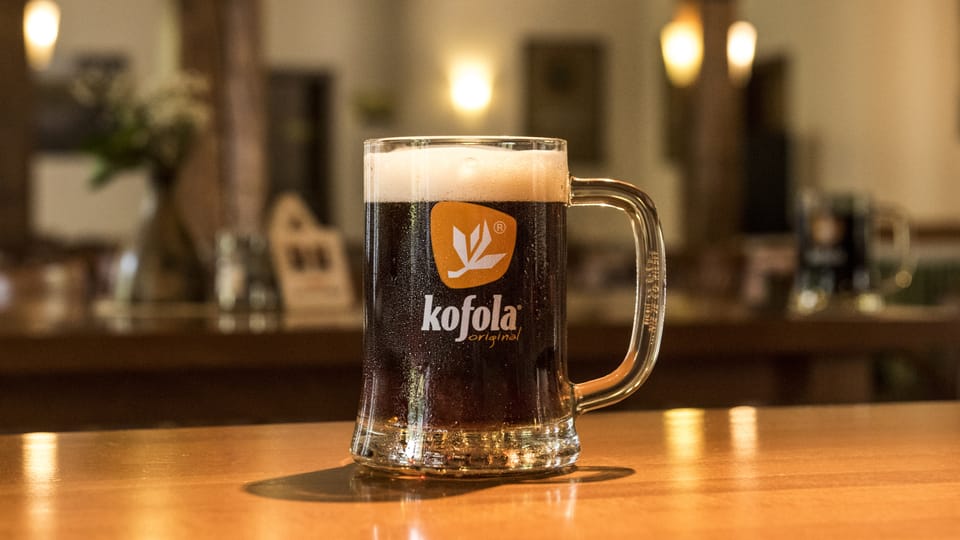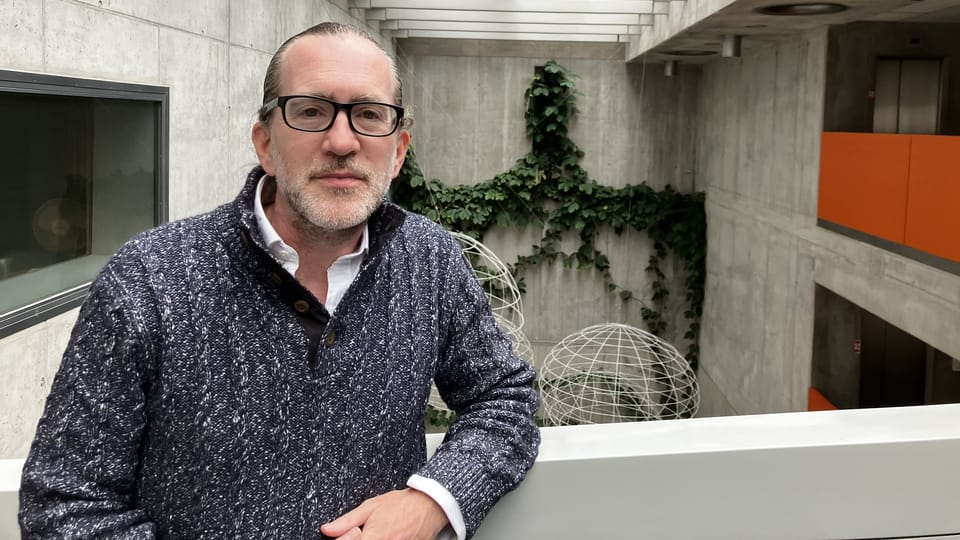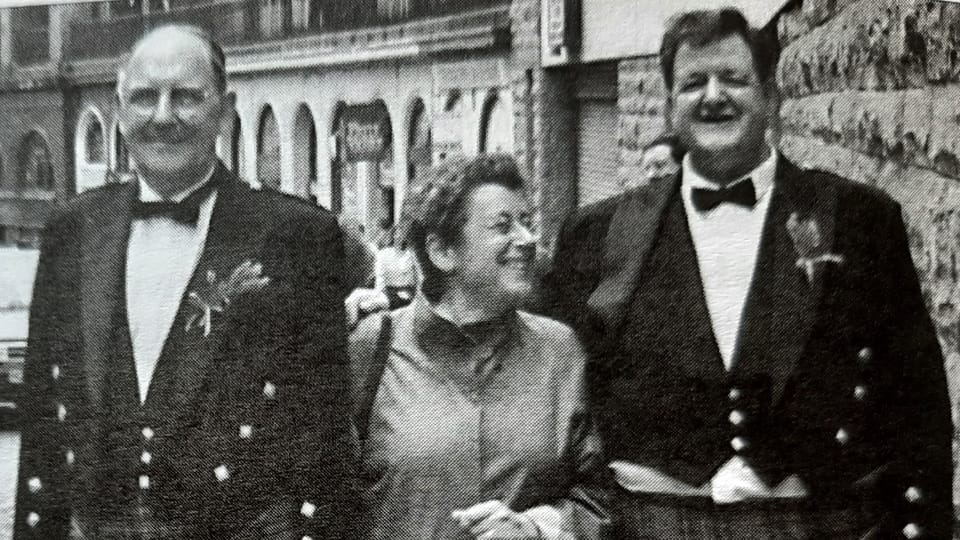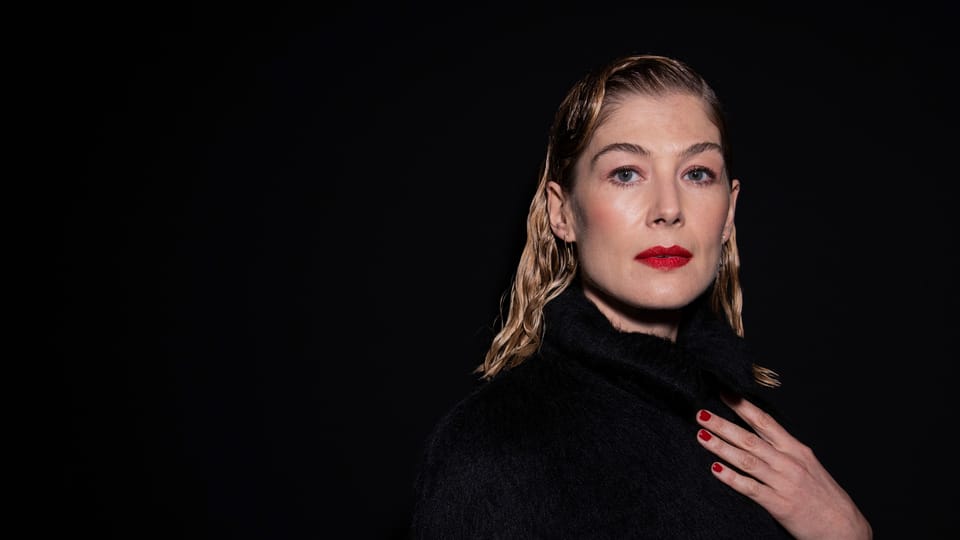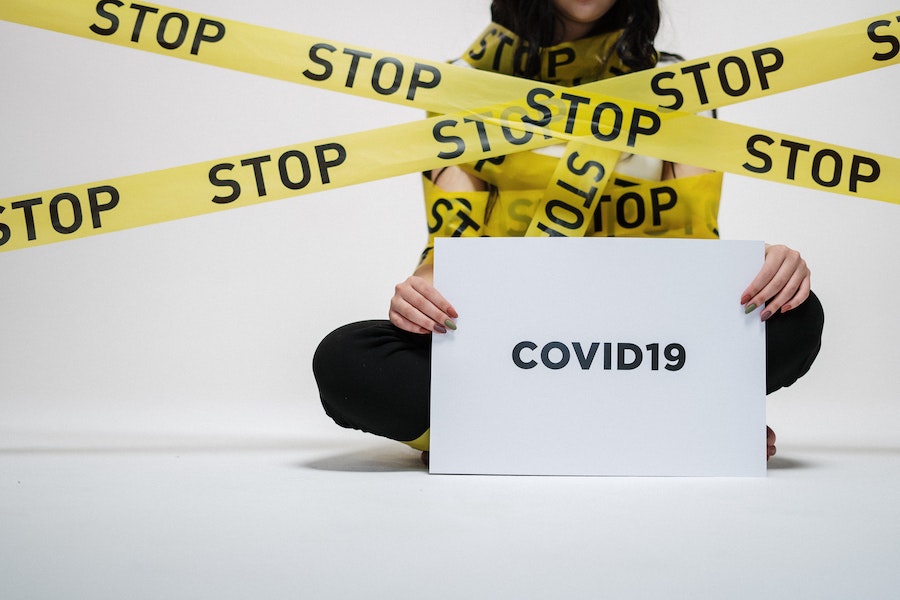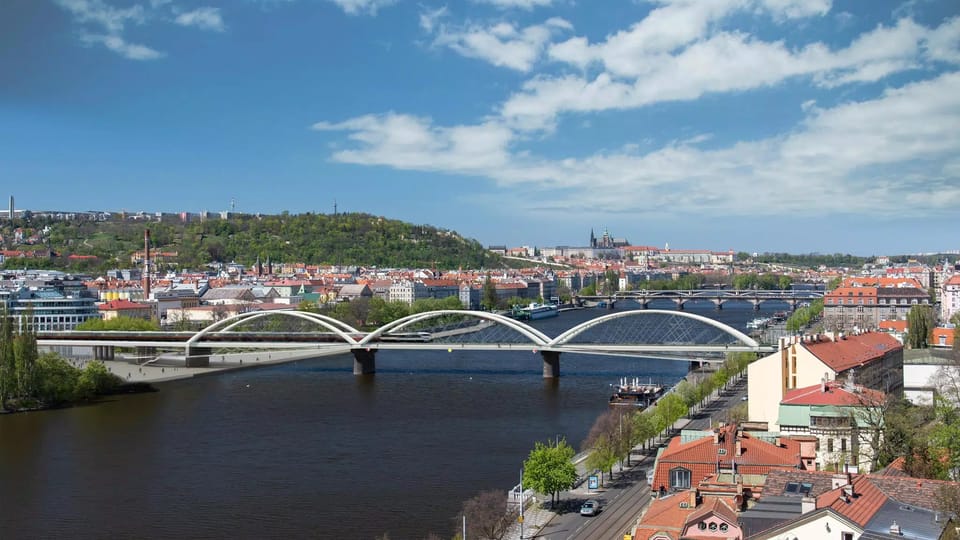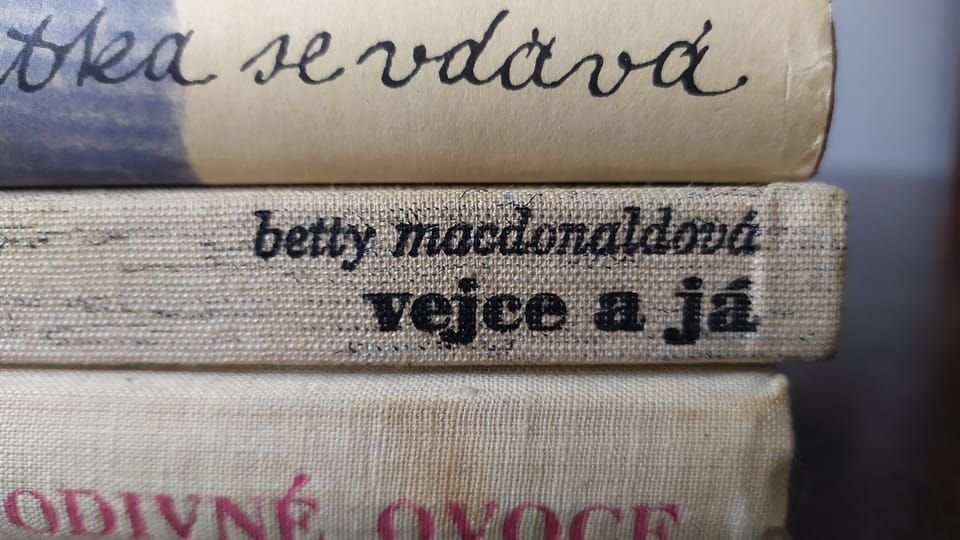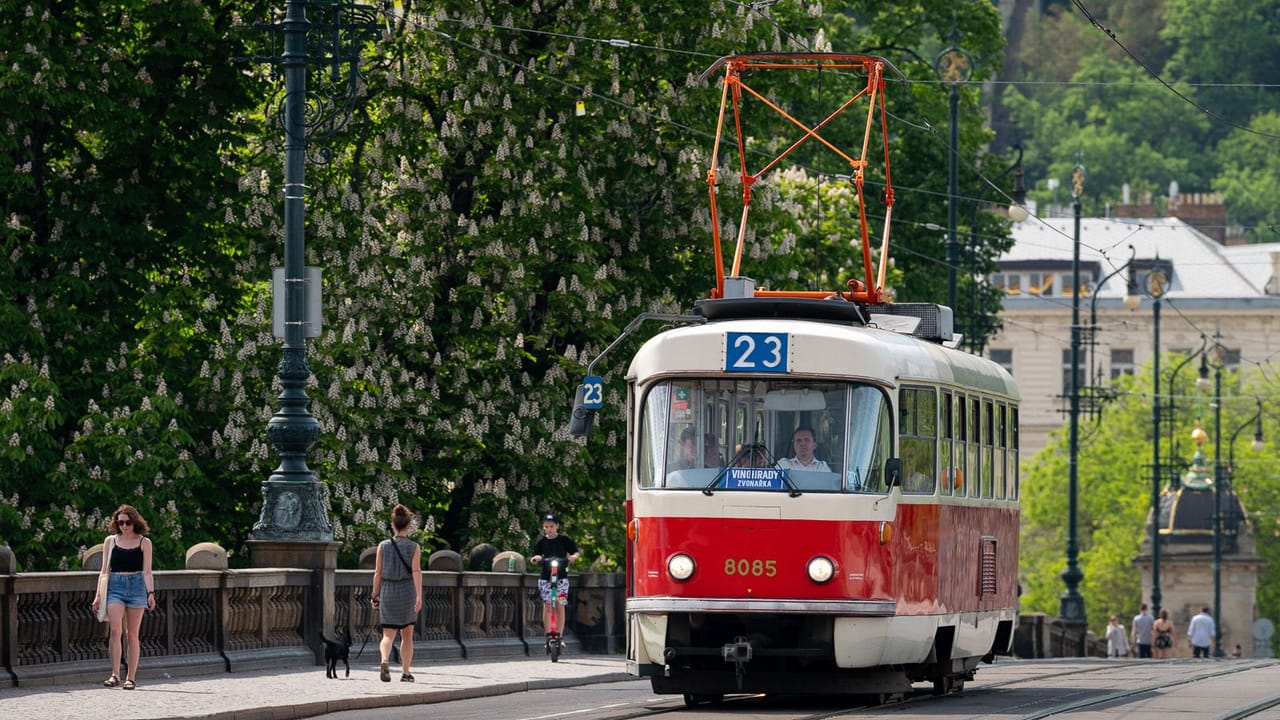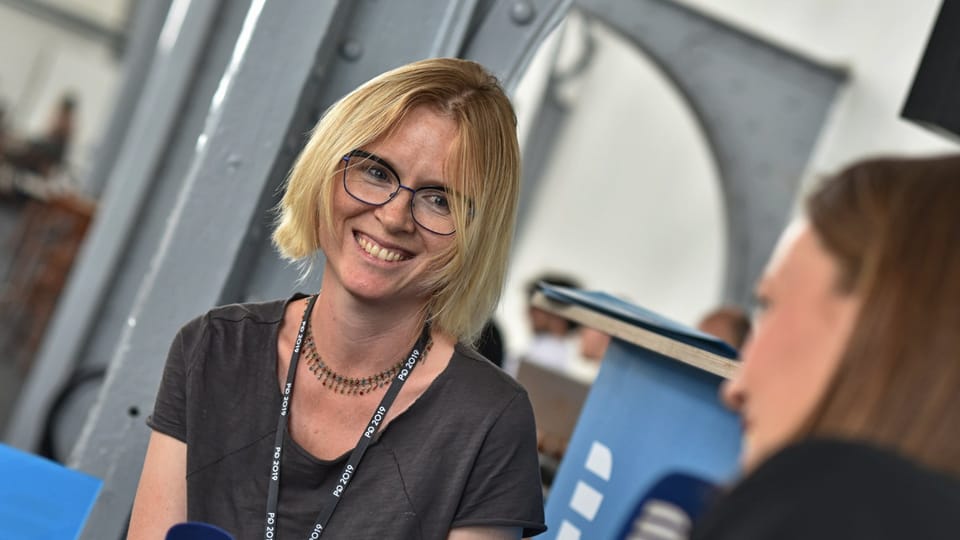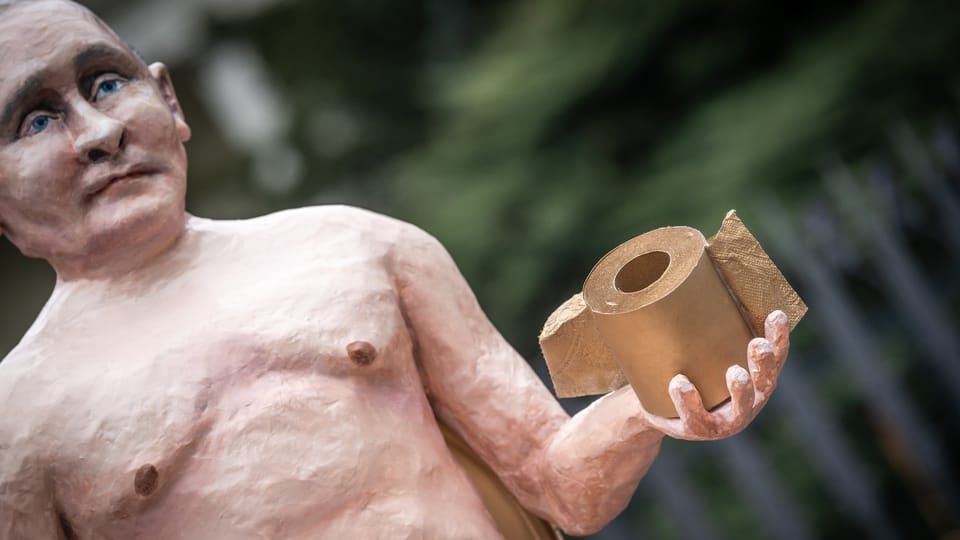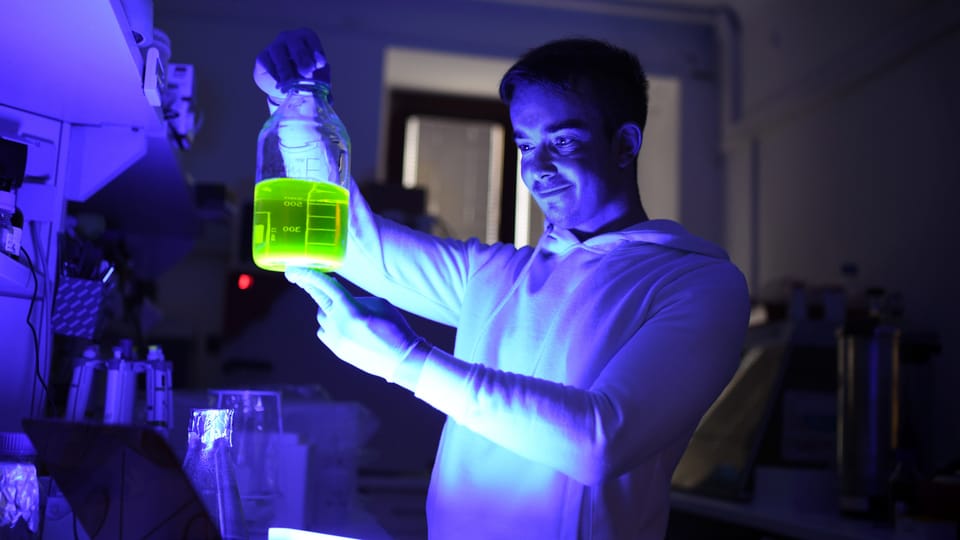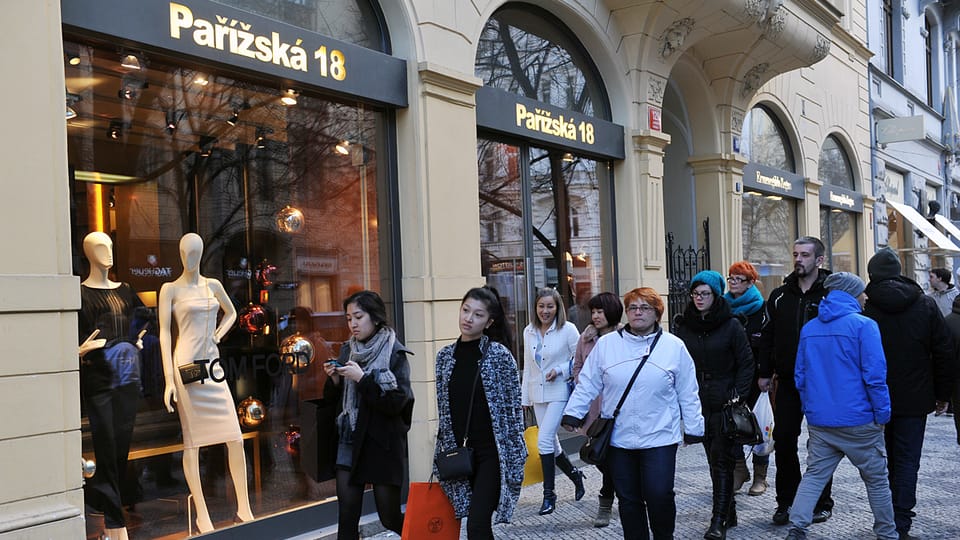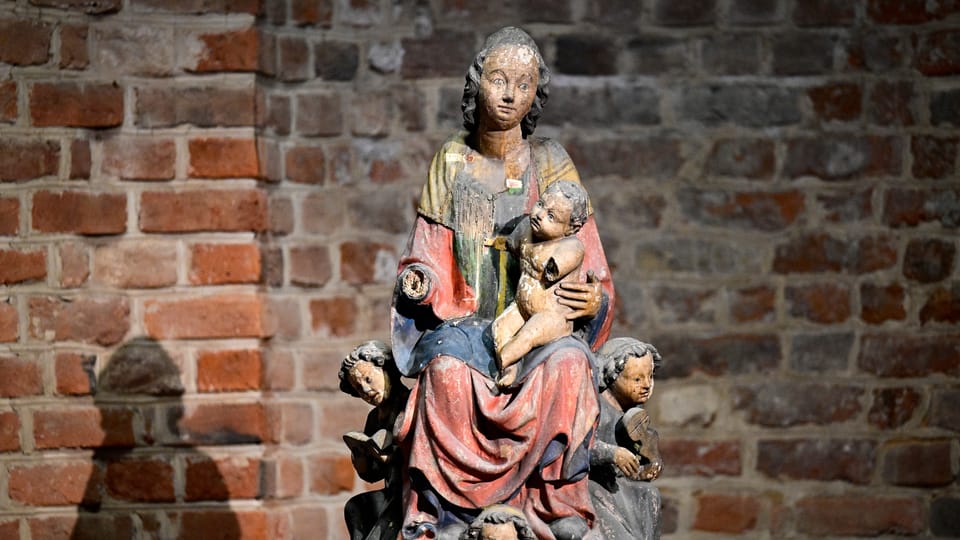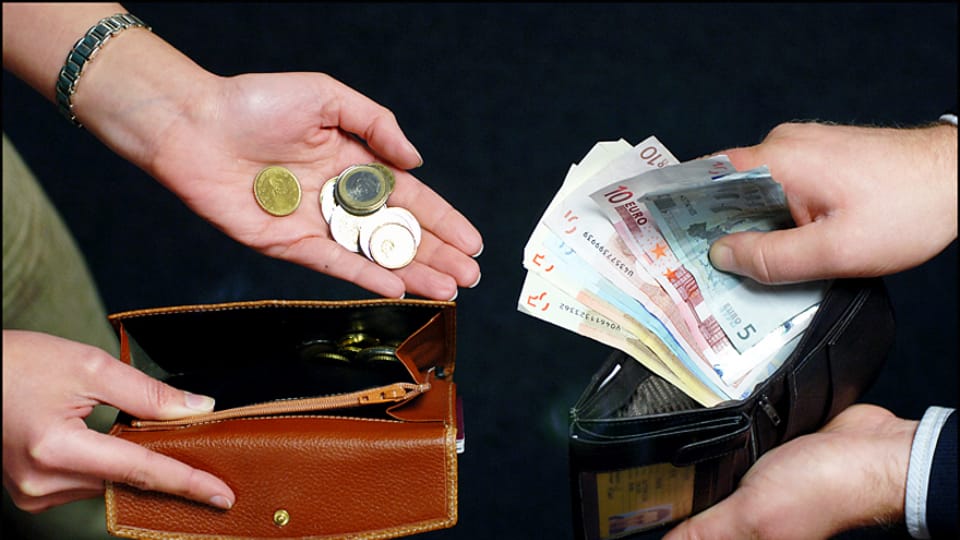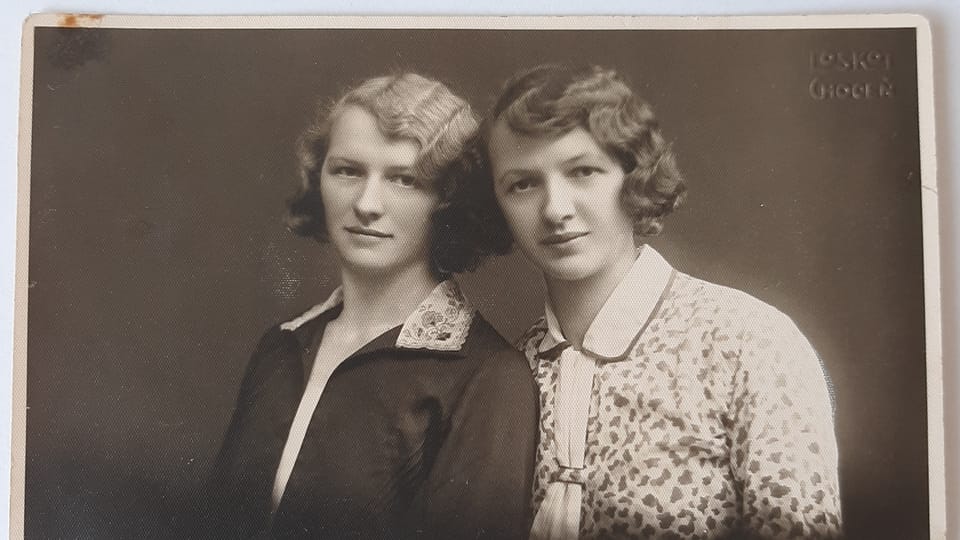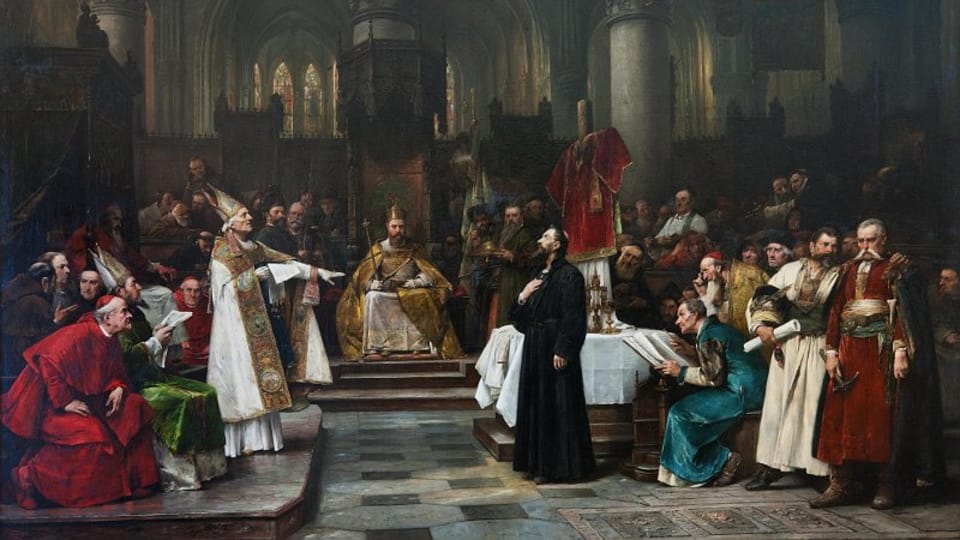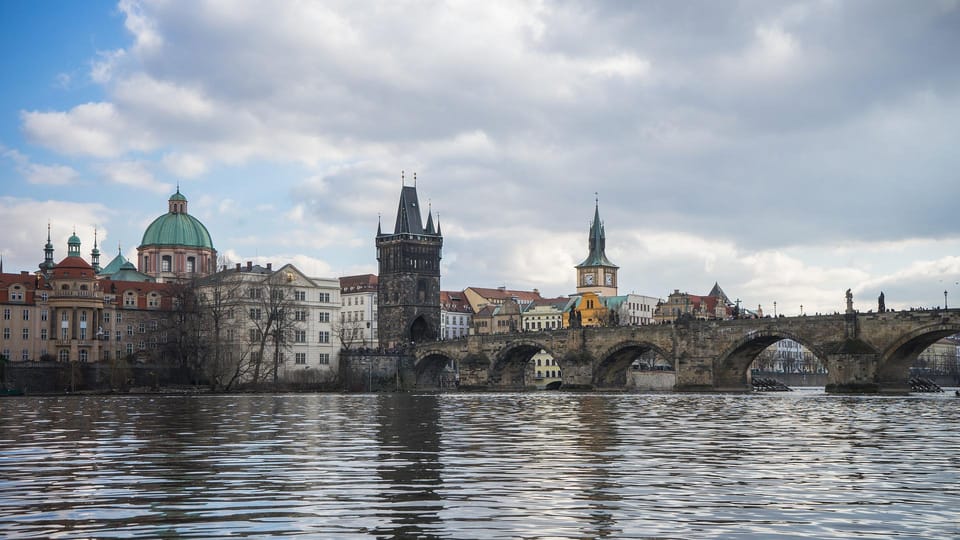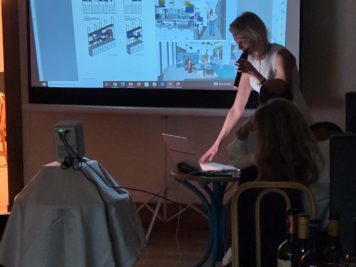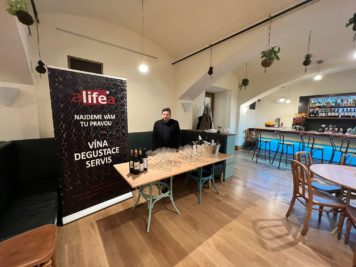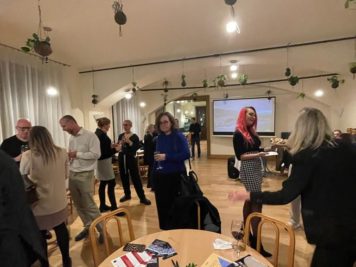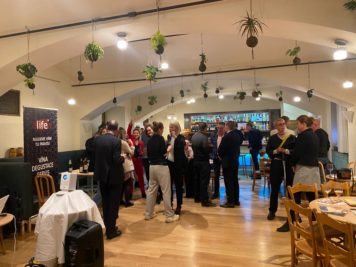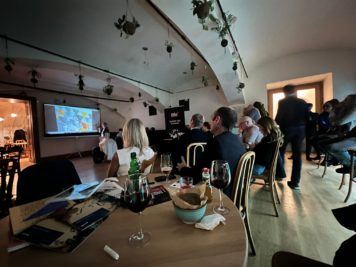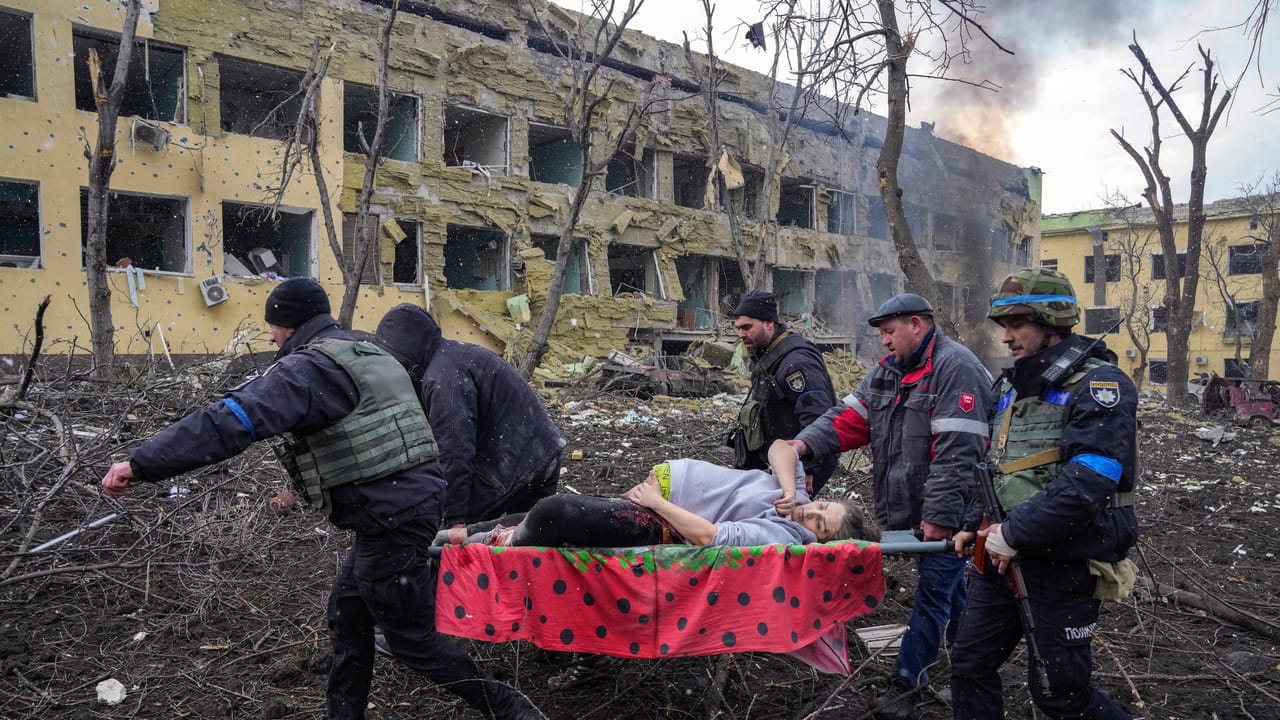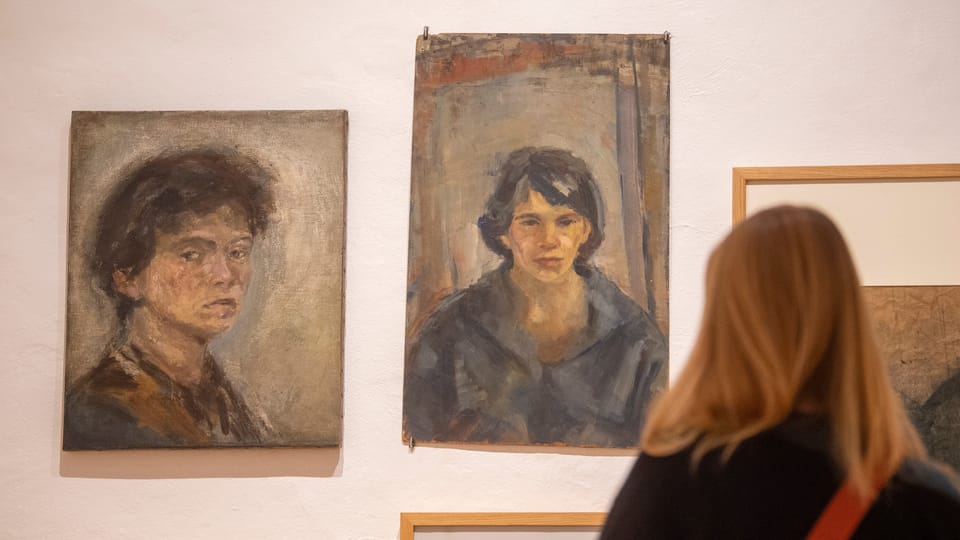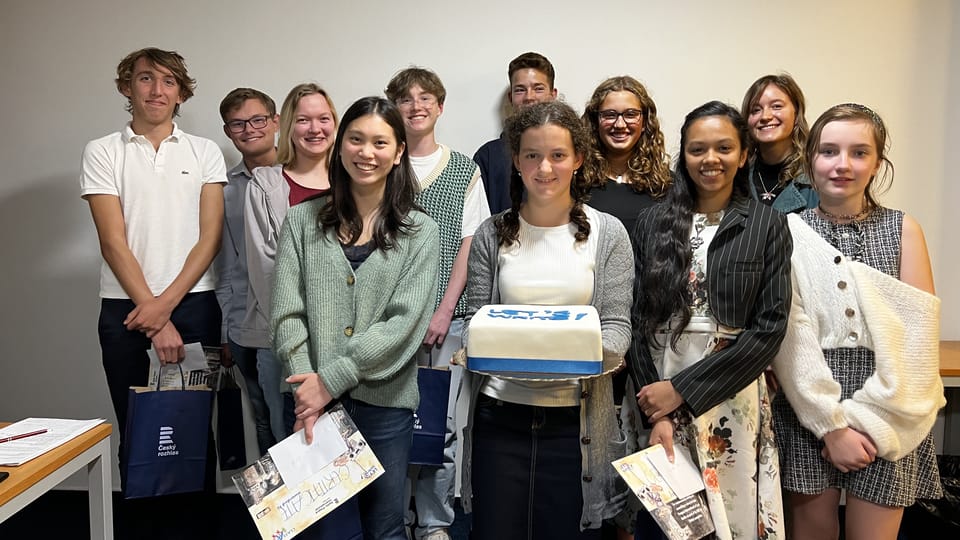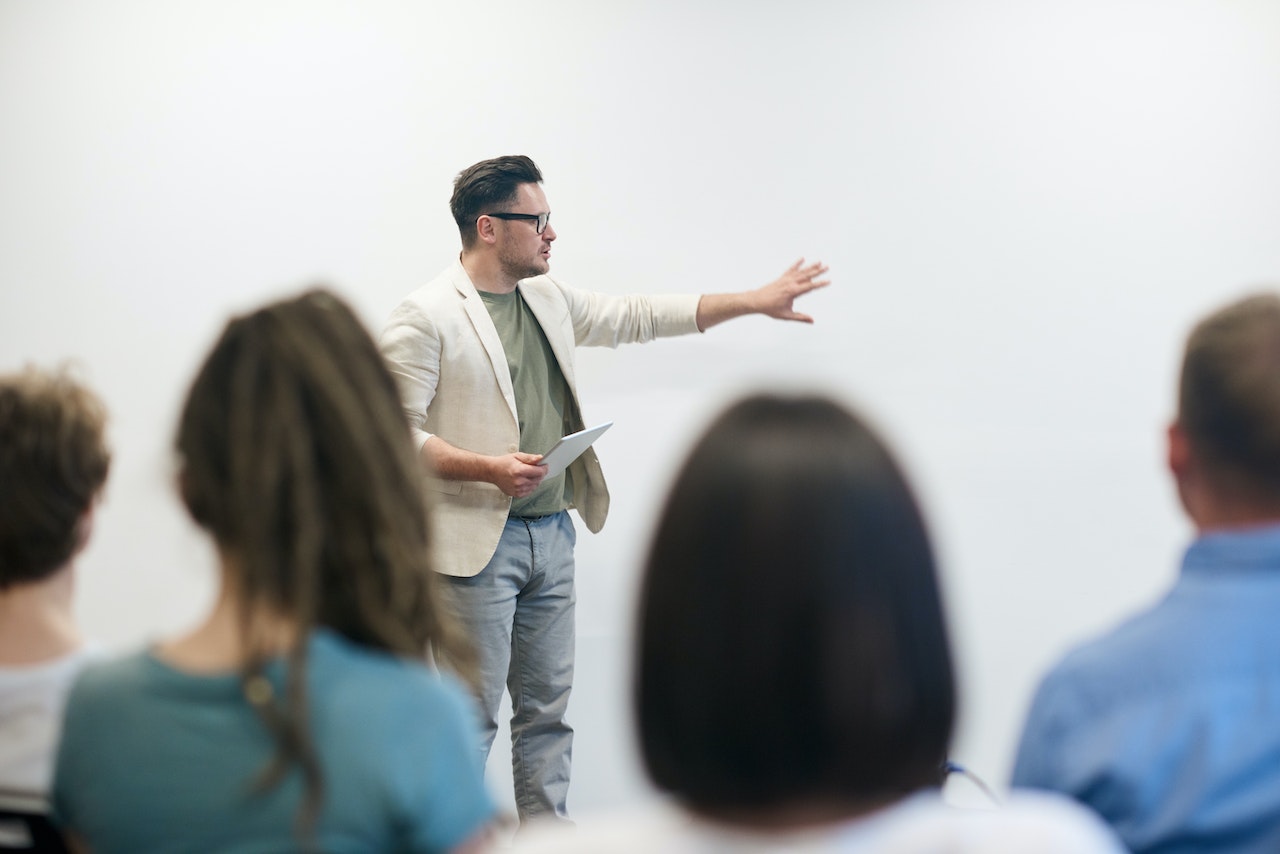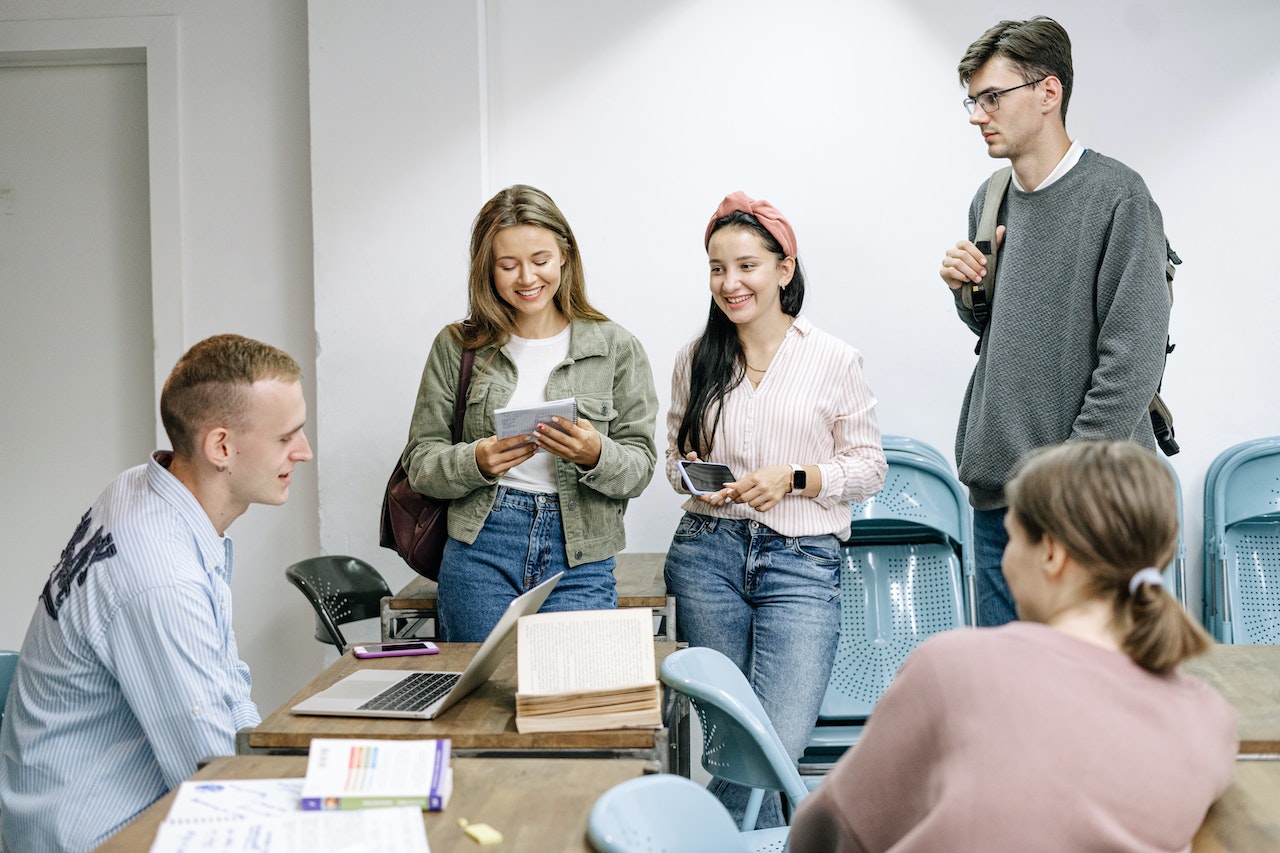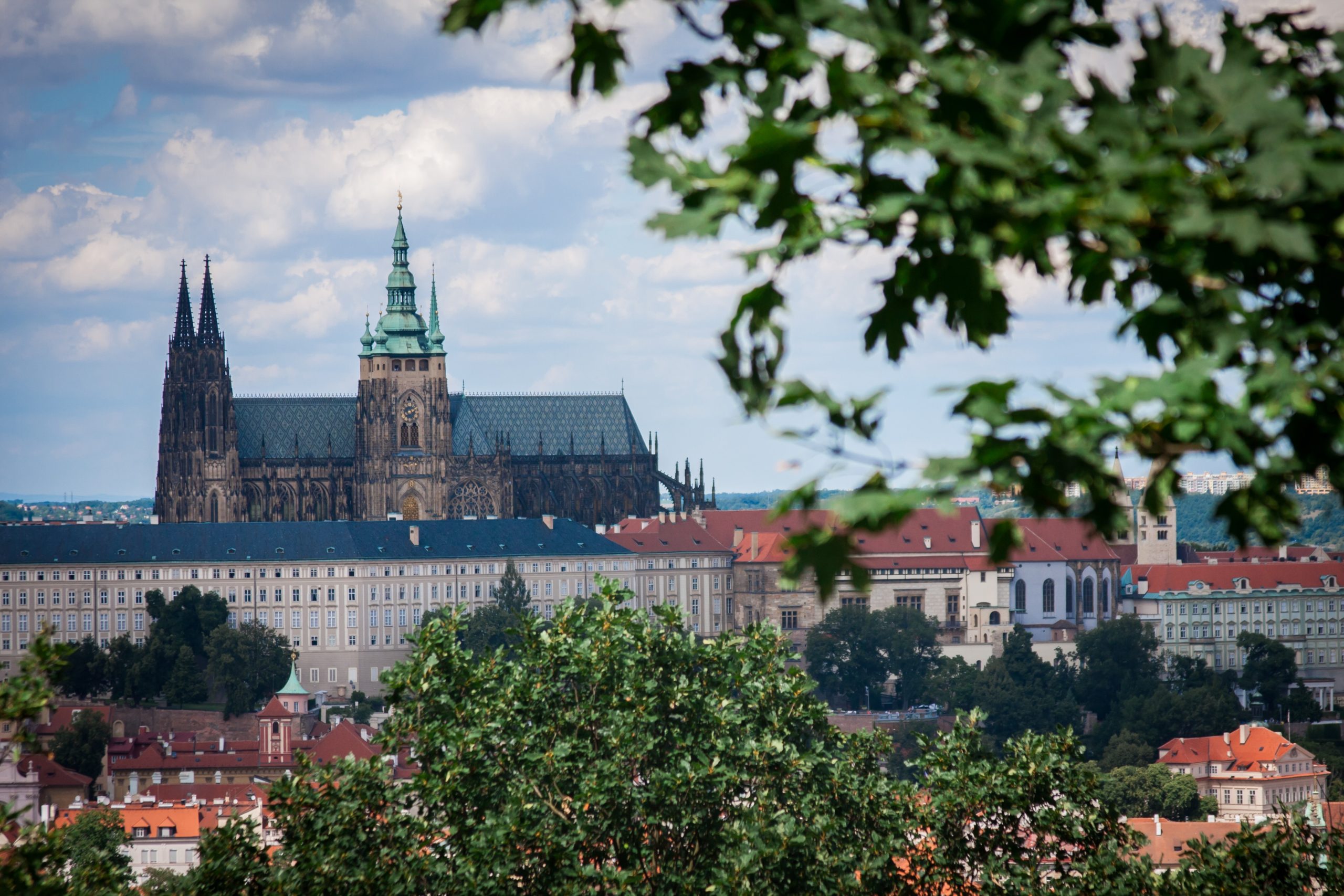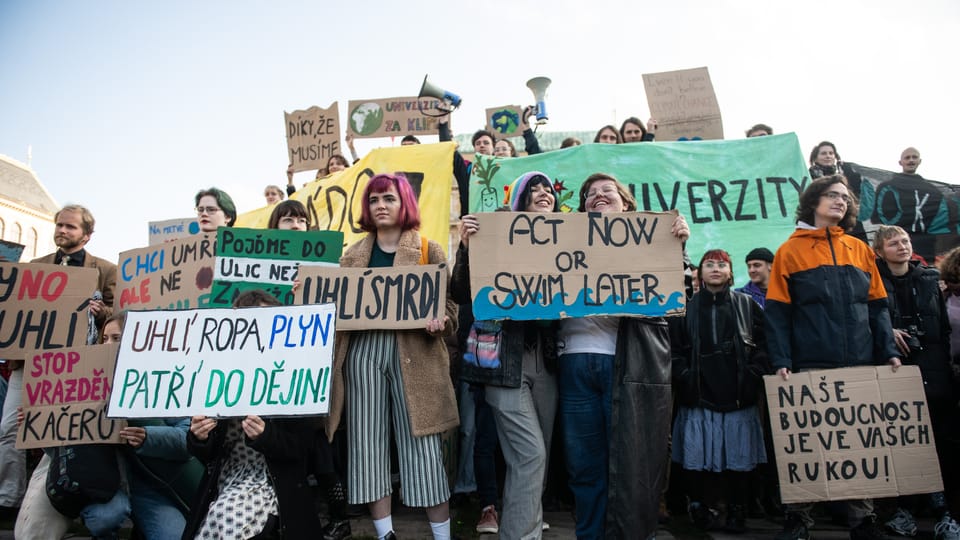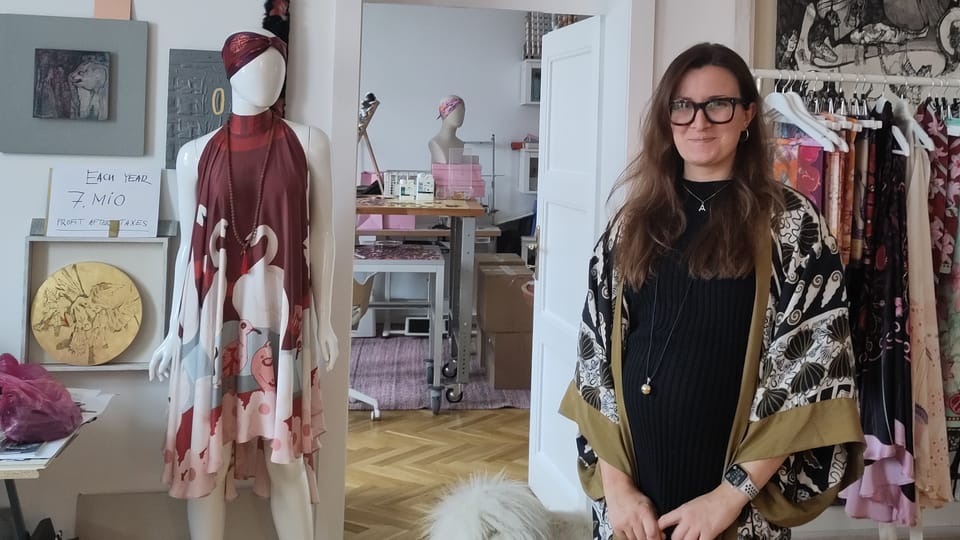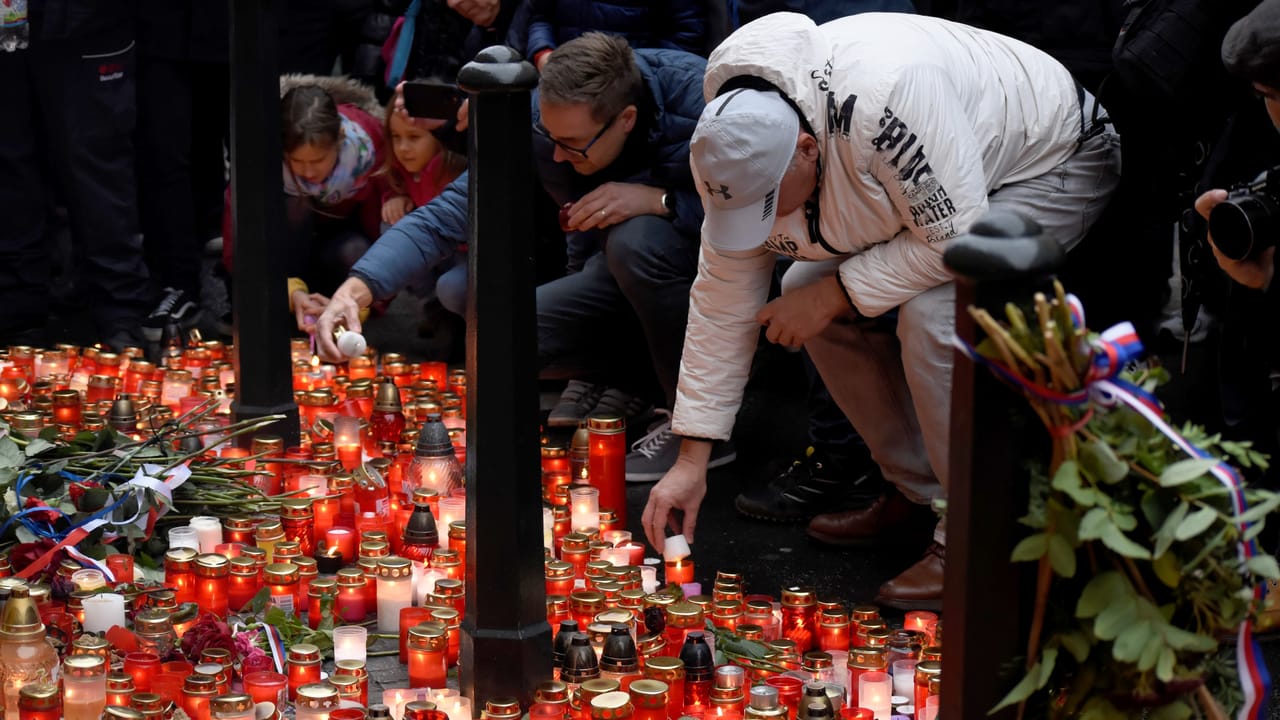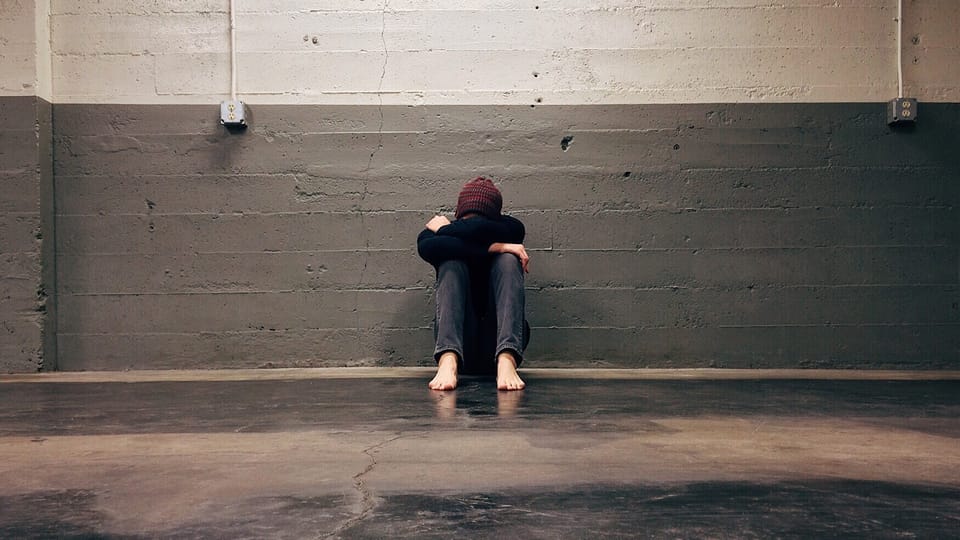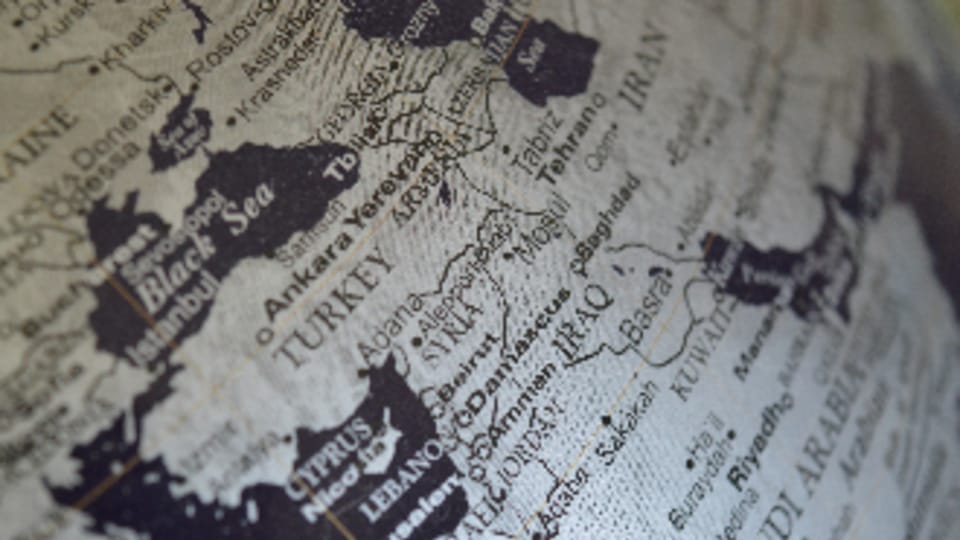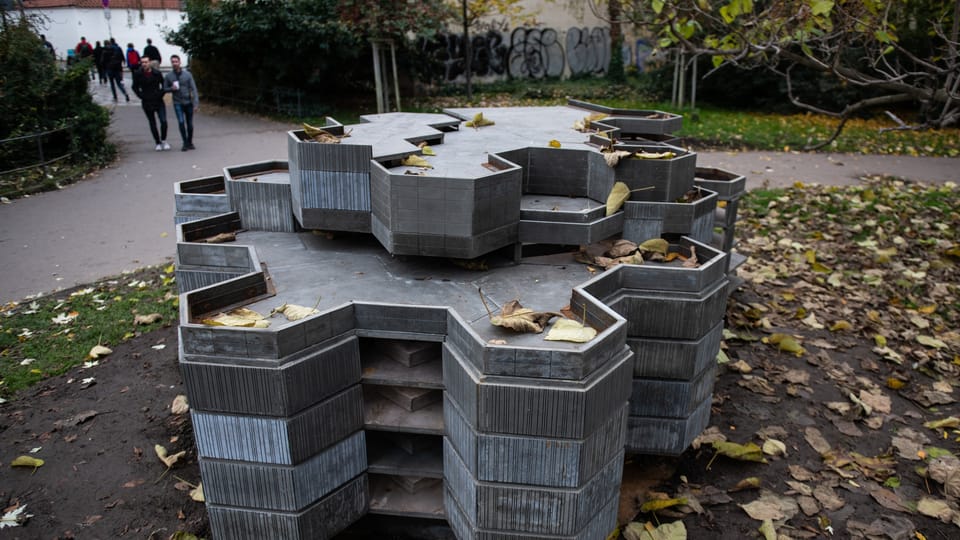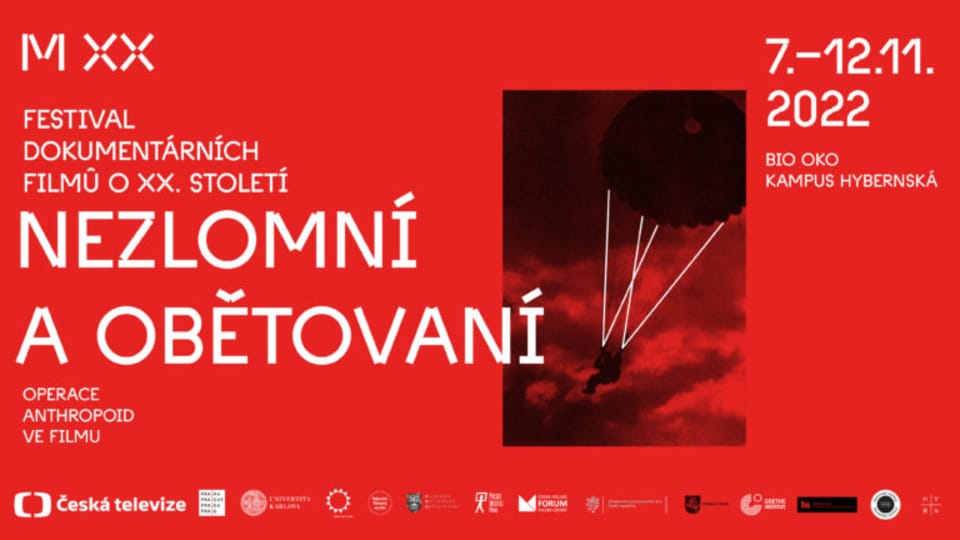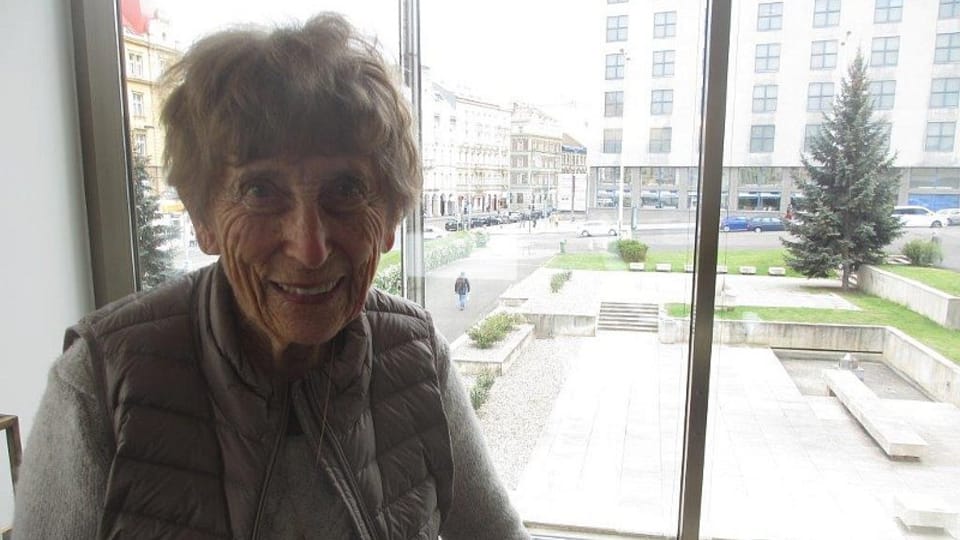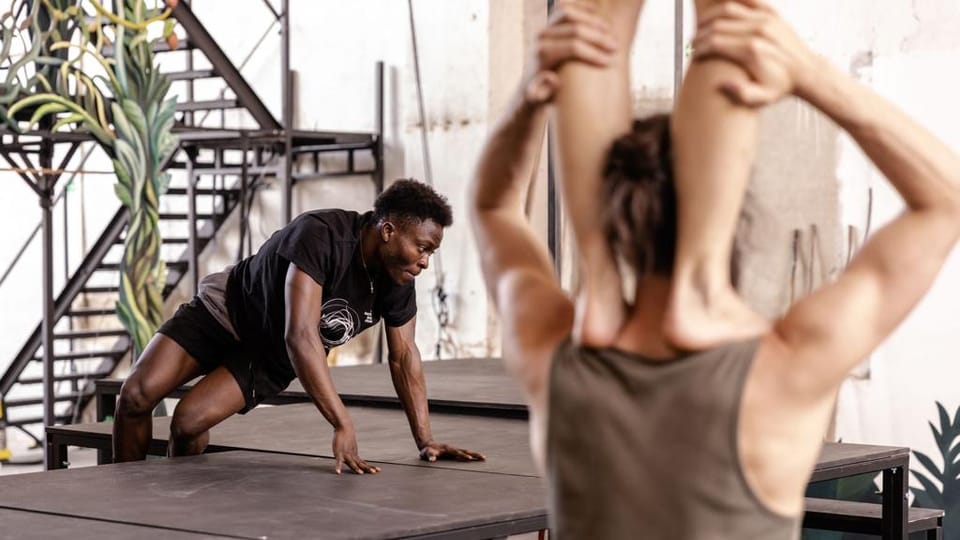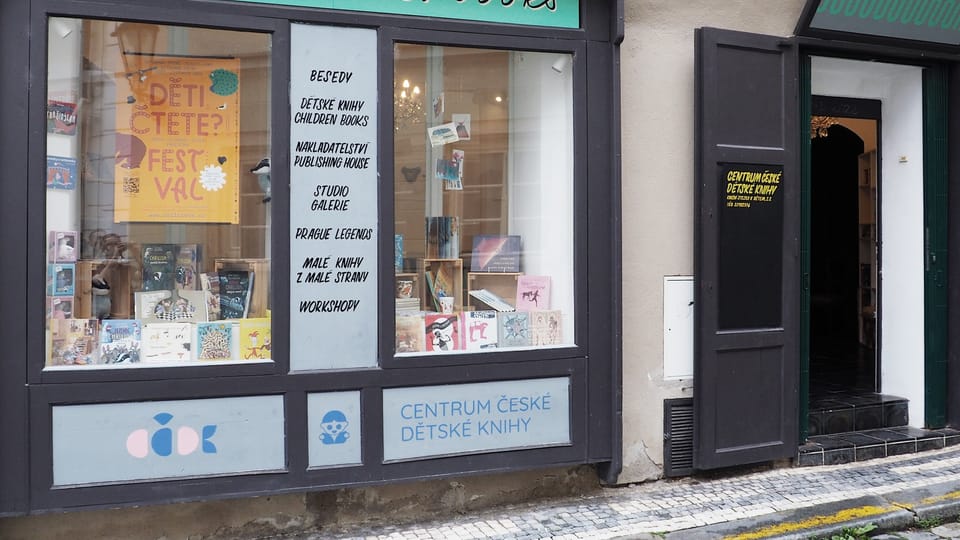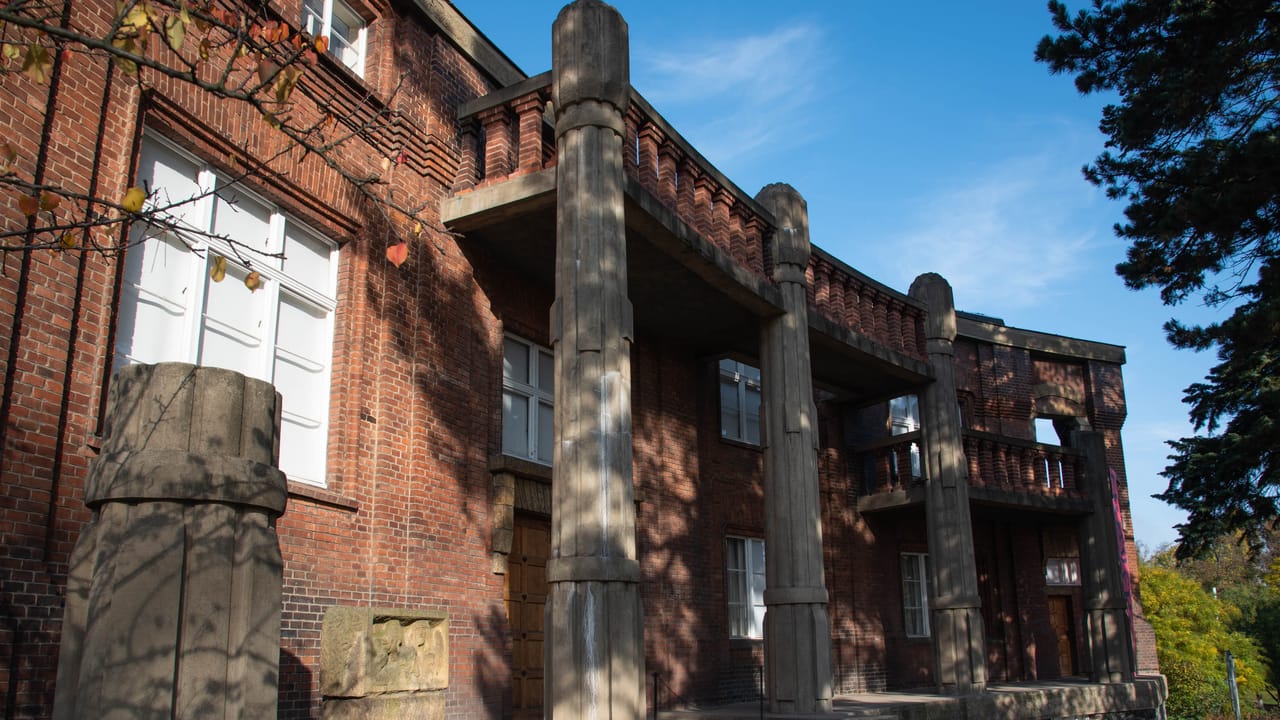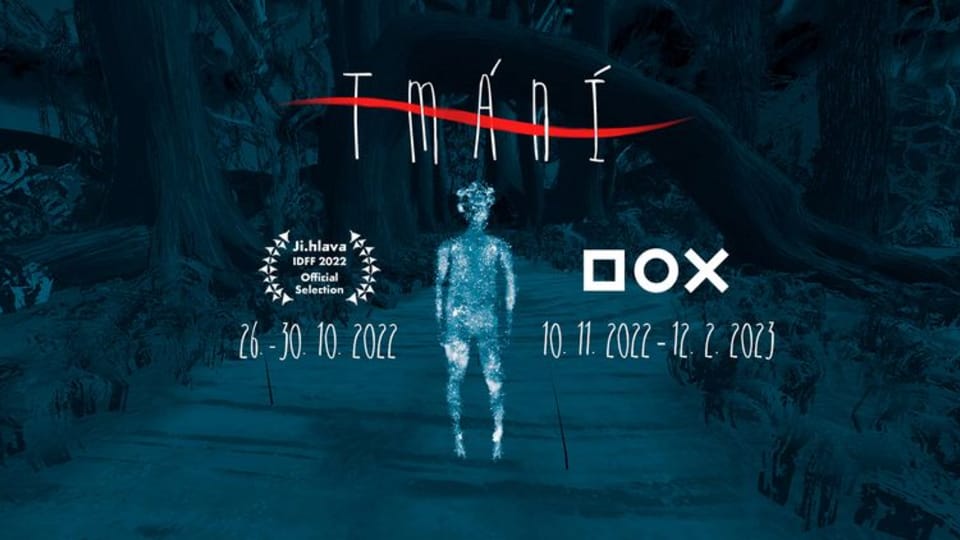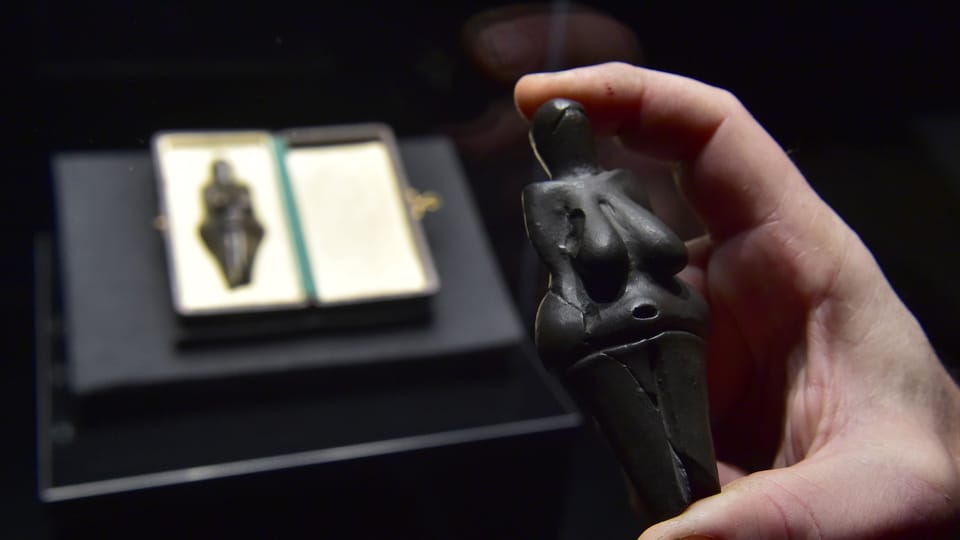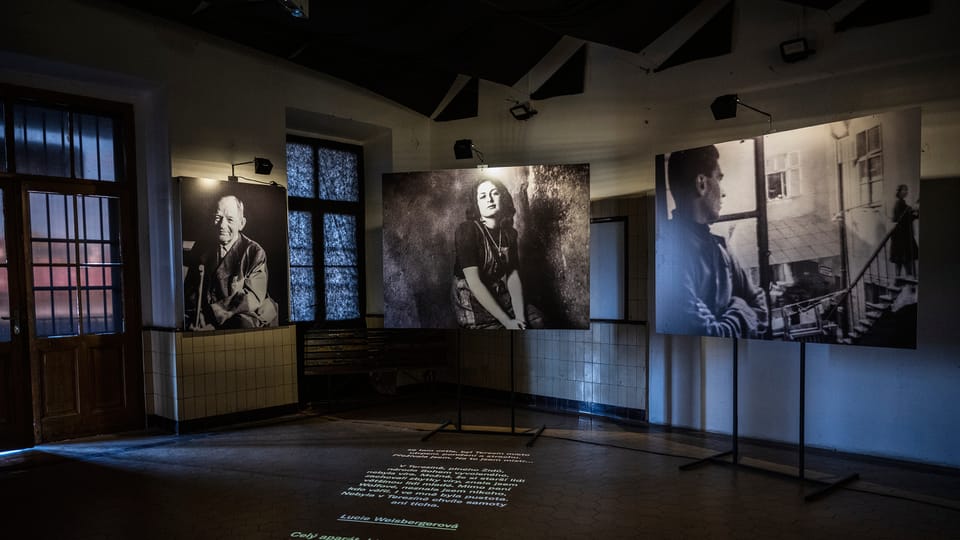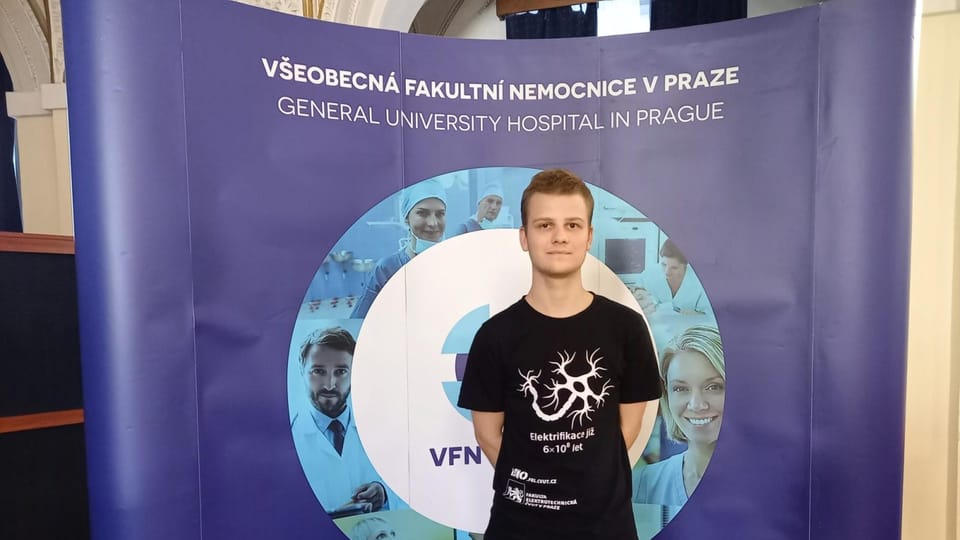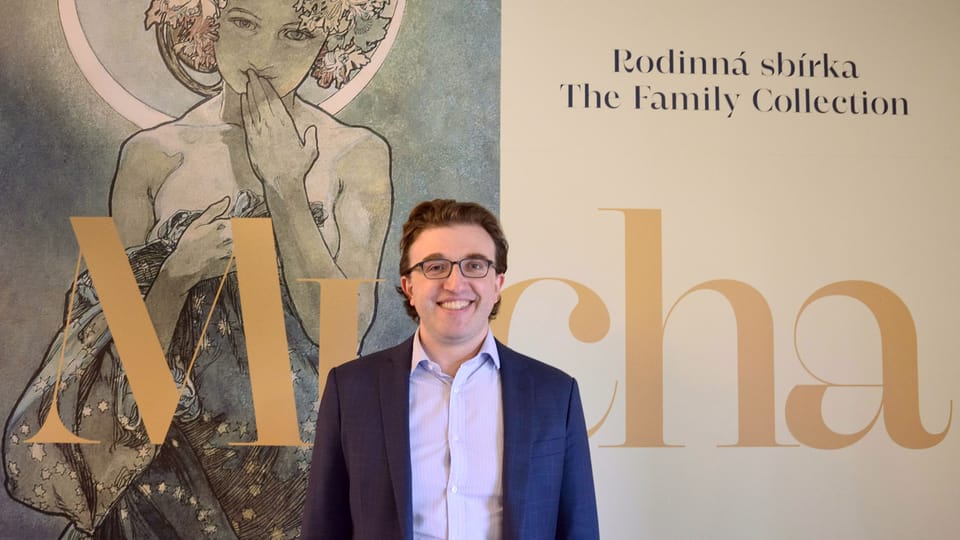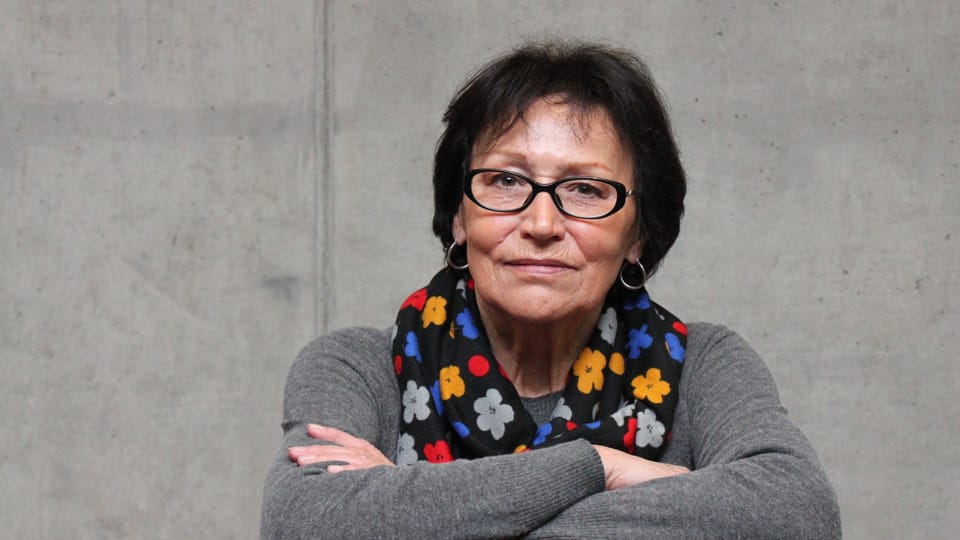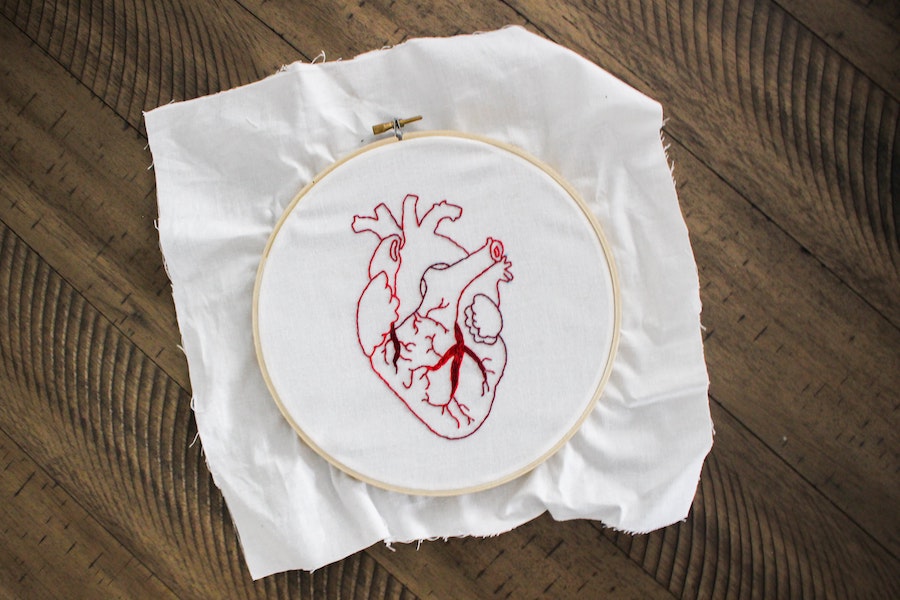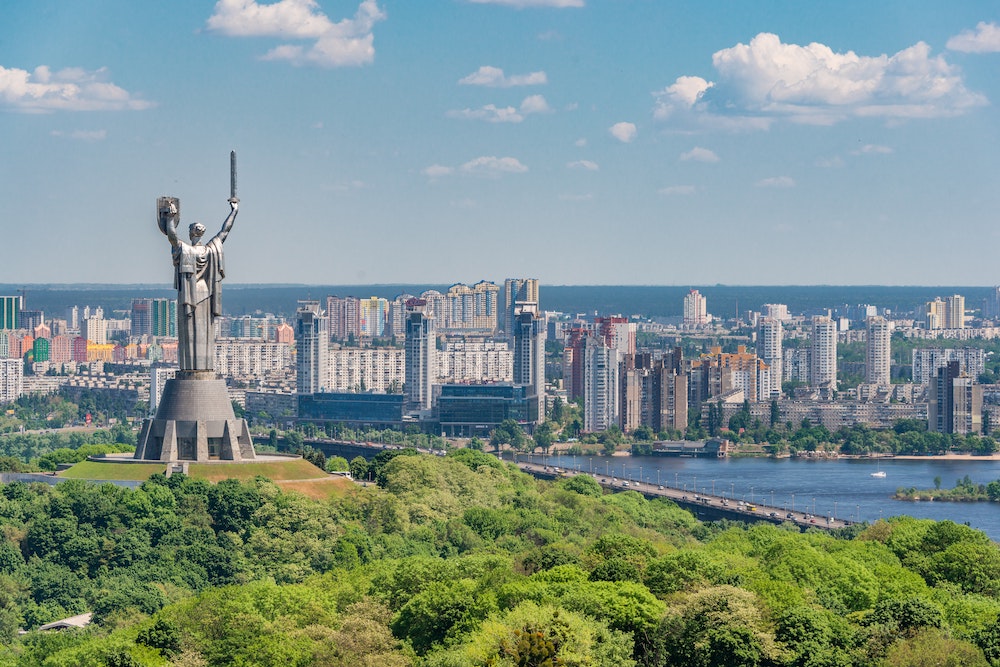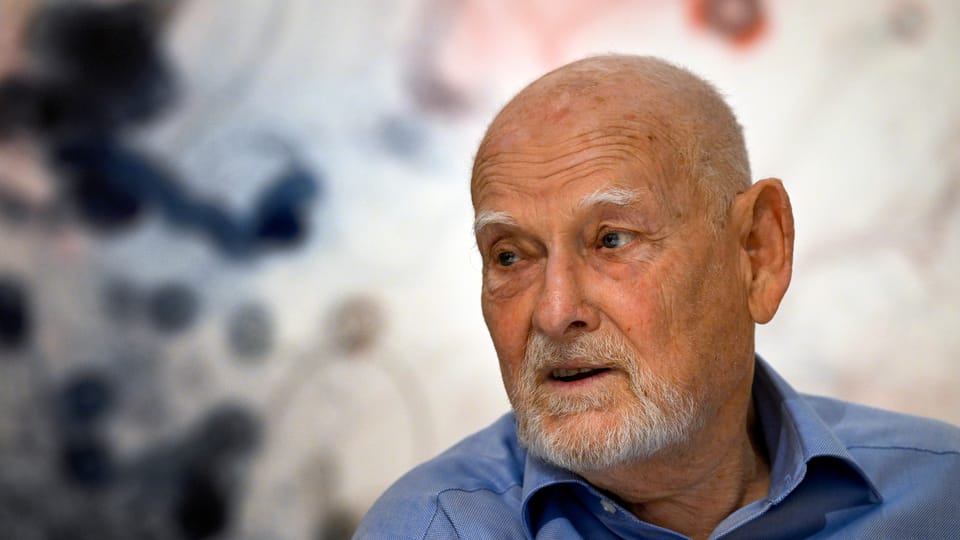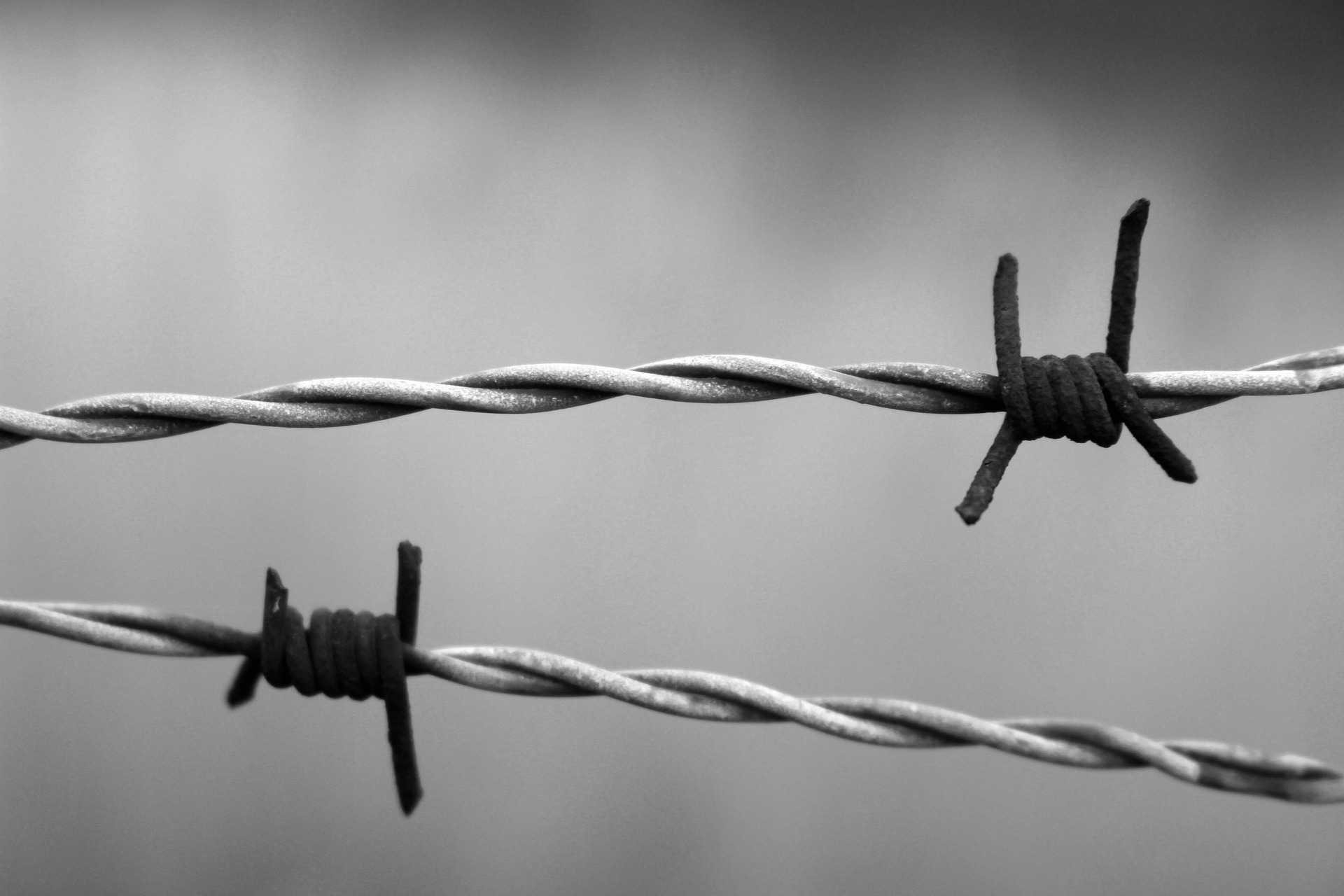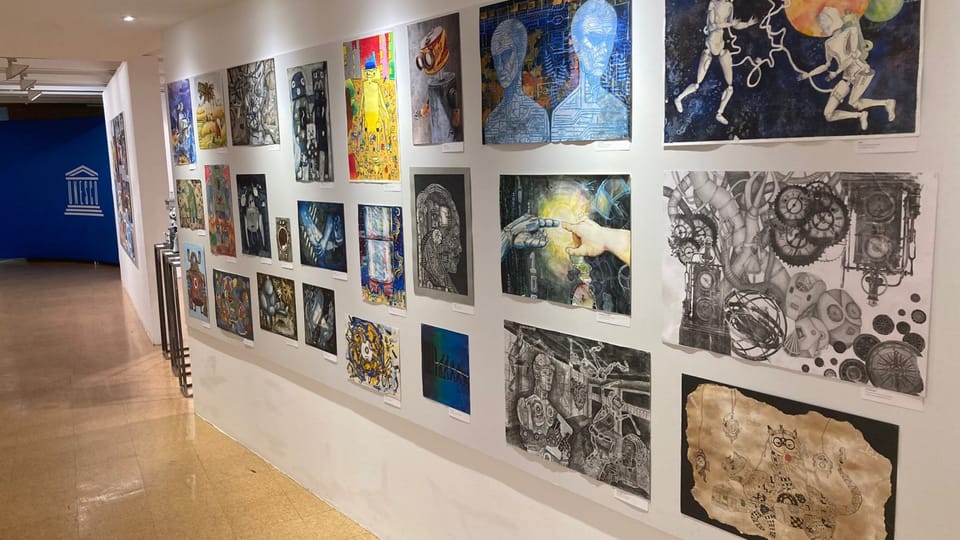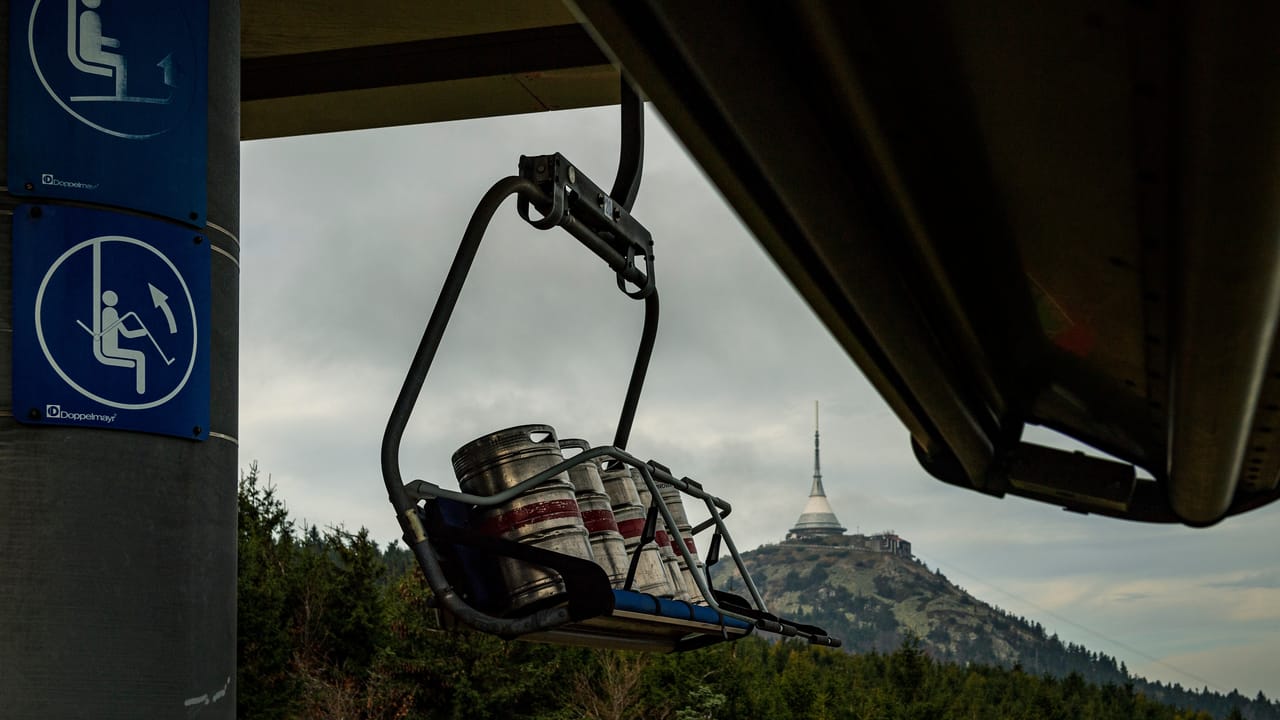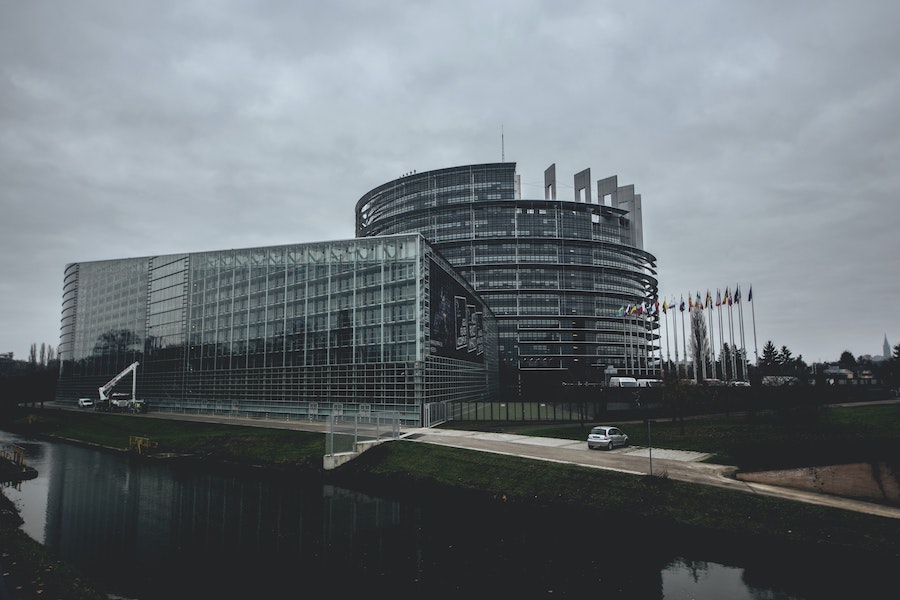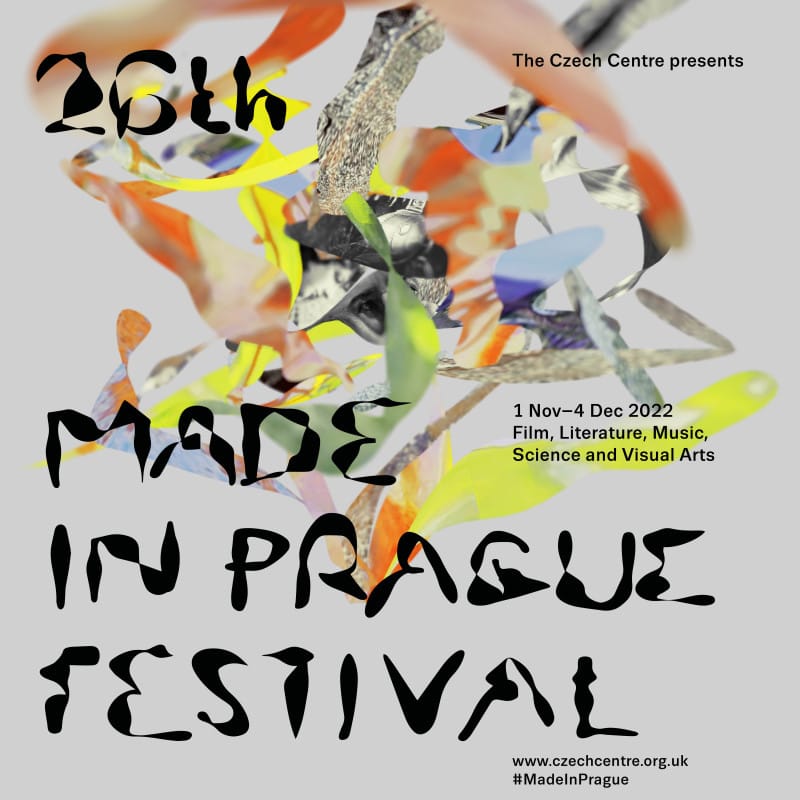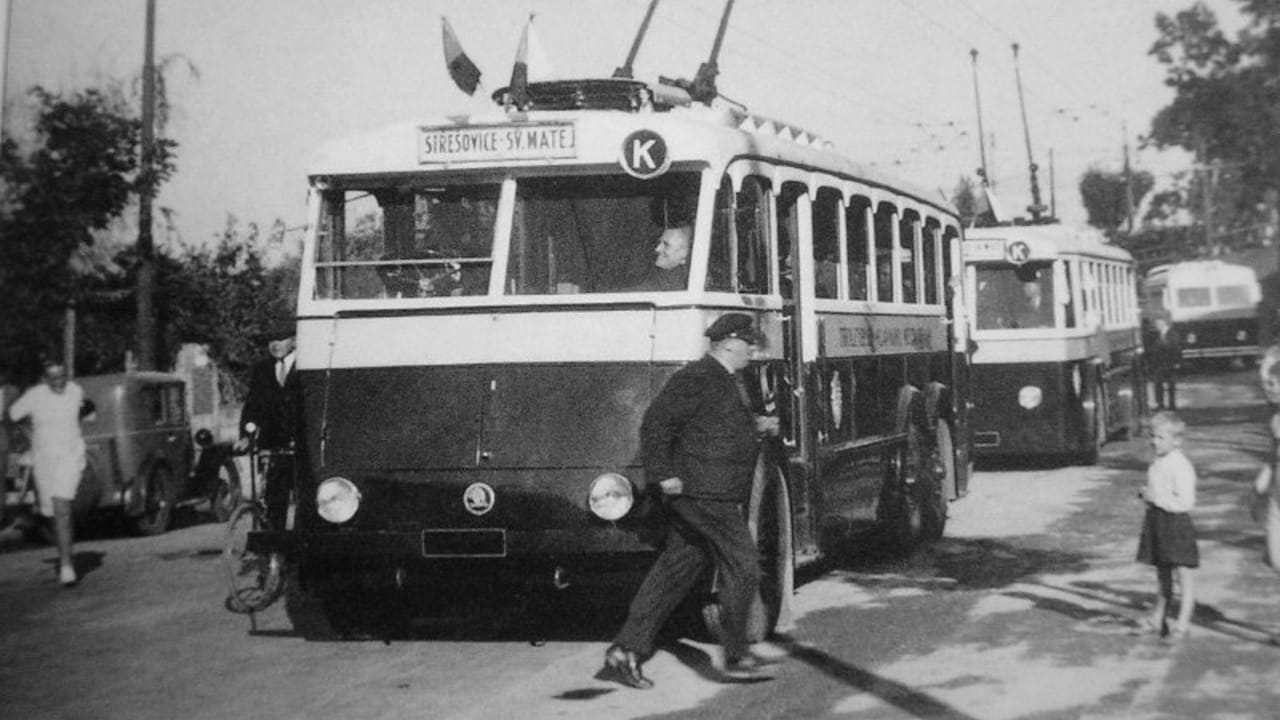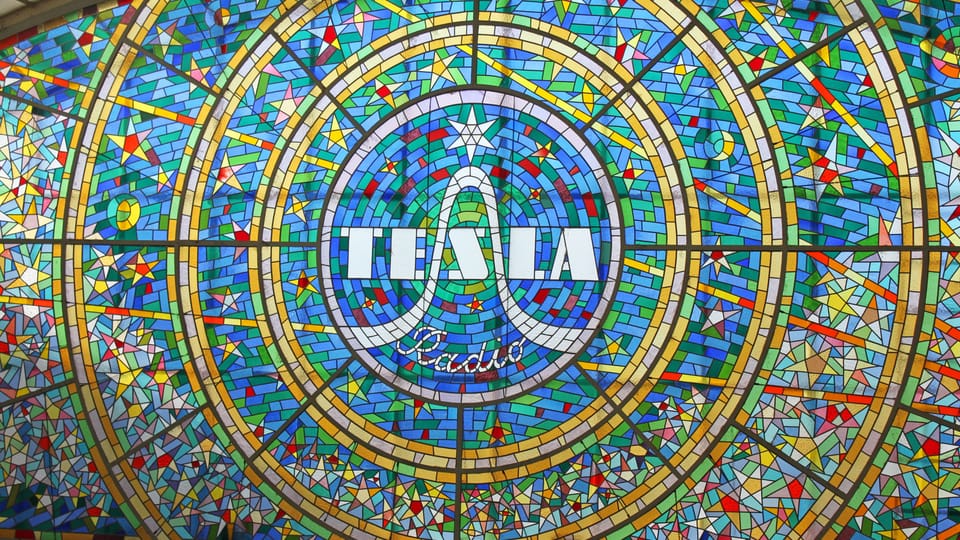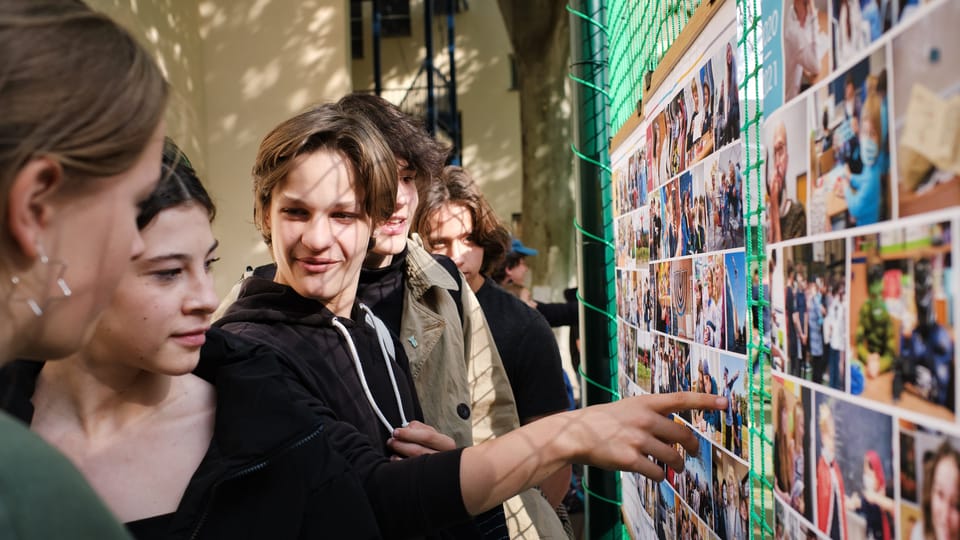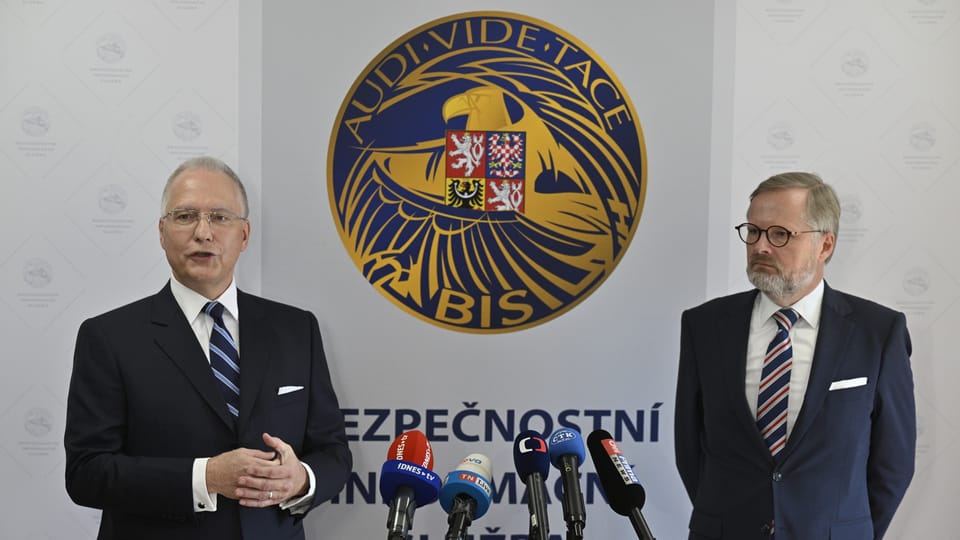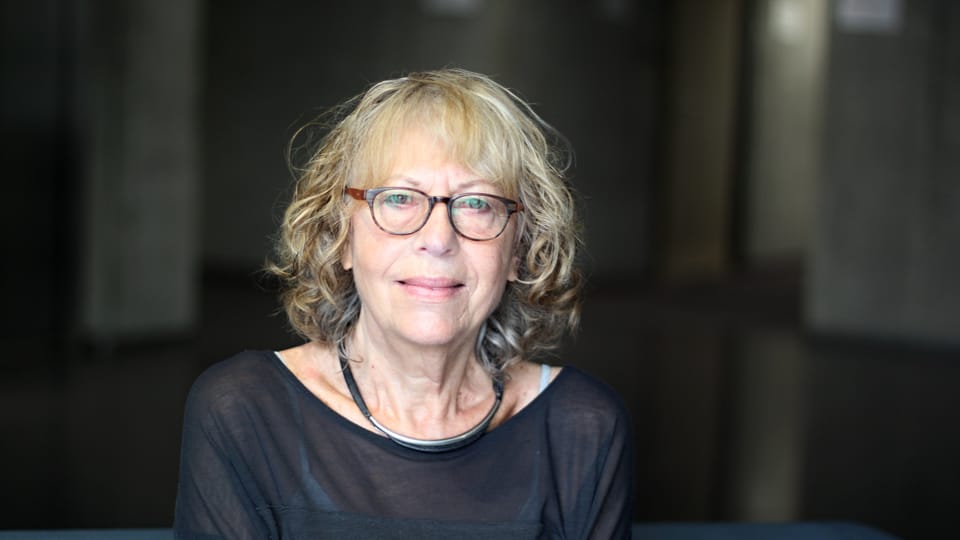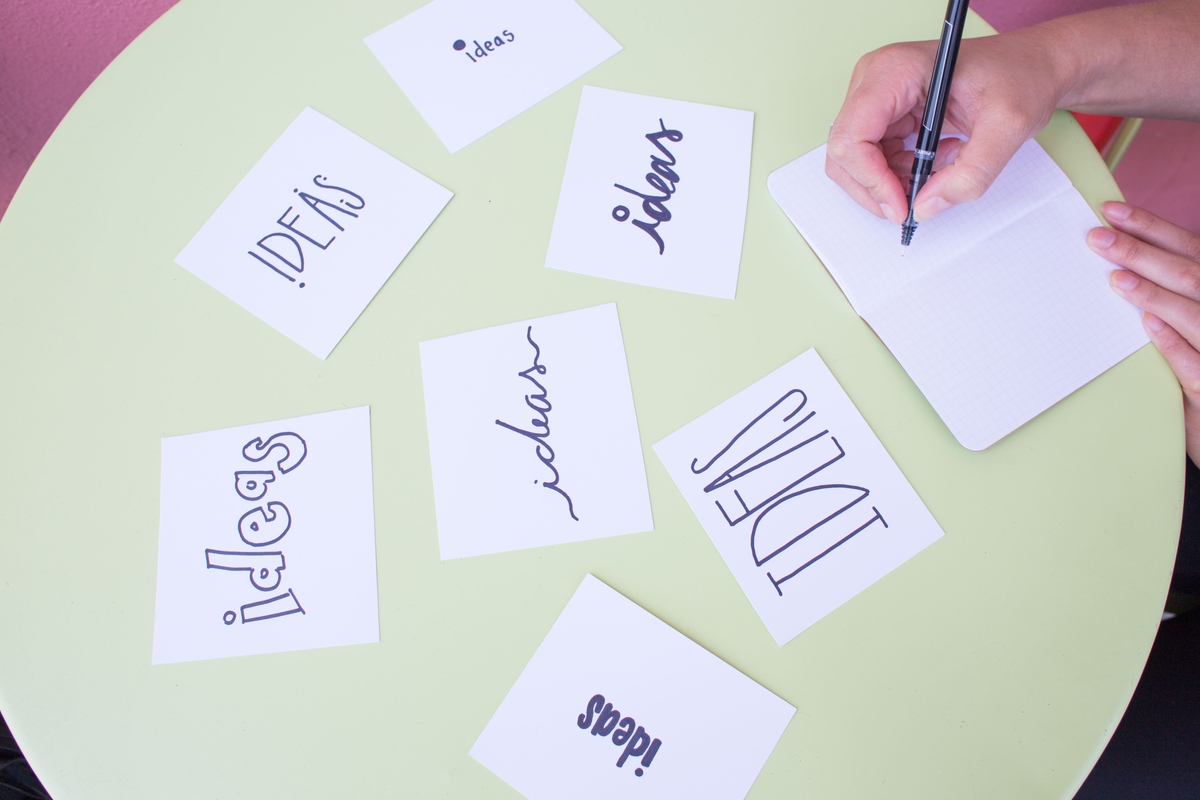
Traditional marketing usually fails to move Generation Z’s members and it can be difficult to capture their attention. Businesses that can be considered the ones to attract the Gen Z audience — we can define them as those born between the late 1990s and early 2010s — are being shaped. We can say that Gen Z members desire those brands that appear to be young, trendy, bold, and very innovative, according to recent reports. They also focus on valuing those brands that can help customers with improving their image, those that offer customized or personalized products, the ones that are involved with customer communities, supporters of charities, and those that can make customers feel appreciated. There are many businesses now run by these new entrepreneurs and they are already taking off.
Generation Z’s members are sometimes considered hard to reach but that doesn’t mean we should ignore them. According to recent statistics research, Generation Z actually accounts for about 40 percent of United States consumers, and it is a huge number. So, your business should make it as it’s essential, to try and optimize its marketing efforts to connect with this fast spending power. So, what can you do to adapt your marketing in order to attract them? These types of ventures are actually becoming very popular among Generation Z members.
Creating Digital and Physical Products
When it comes to Generation Z, their interest ranges from designing and producing anything, from graphics and art prints to T-shirts and clothes, then selling these on different specialty sites or marketplace places. Most of the things they make are custom-made items that can be easily designed and made using different software, and instead of just simply following the latest trends, they can easily make made-to-order items that are more than just unique.
What made-to-order clothing manufacturers use is to customize their customers offers through their website so that you can get unique pieces, with fast production and easy shipping.
Social Media take over

Presence, marketing, and developing a business by creating vlogs or short videos to teach, for entertaining purposes, or to share some exciting things with people, is the way to do things these days. Or, simply try to use the amount of your following for getting noticed by brands who want to promote their products and services with you.
Financial success on different social media platforms, the ones like YouTube and Instagram can be a tough thing to achieve, but even the best ones have to start from the bottom. Having something like a specific niche is pretty good advice since it can help you do more exploration from different angles and you can then easily present those findings to a growing audience. Everything from how-to videos, reviews, fashion blogs/vlogs, weight loss tips, and many more can be a good starting point if you know what you are doing and aren’t afraid of presenting yourself out there.
Gaming
According to the Global Web Index stats, it is indicated that more than 60% of Gen Z members have an interest in gaming, which is about 10 percent ahead of Millennials. Everything from creating gaming studios to top-notch influencers and community organizers presents a space that Gen Z is expected to own as we move forward.
The Beauty Business

Another industry popular among the Gen Z audience is definitely the beauty industry. Over 35% of the Gen Z audience who underwent the survey expressed their interest in beauty, and a lot of small business owners achieved a certain degree of success in that space by creating their own products and pushing their own brands at the front.
Websites and Designing Them
You do not really have to be a master coder to create websites. What you actually need is to know how to use web builders like for example, WordPress, or maybe Wix and try to sell your services to new businesses that are in need of an online presence.
Website builders are usually used for small to medium-sized websites, and advanced coding knowledge is not really needed. You can usually start from small local businesses that should all have websites, so the starting point can be looking up something like a “mom & pop” shop that you pass by during your walks and see if they would have any benefits from a short landing page or a couple of product pages in order to drive their new business.
Now that you’ve learned some tips and tricks on how to better connect with Generation Z members, you can start getting some loyal customers, by trying to stand out among numerous very competitive social media feeds and posts and immerse yourself in the world where Gen Z members spend most of their time, the digital world. That will help you with becoming one of the top brands on their list.
By Peter Minkoff
Peter is a lifestyle and travel writer at Men-Ual magazine, living between Ústí nad Labem and Antwerp. Follow Peter on Twitter for more tips.



